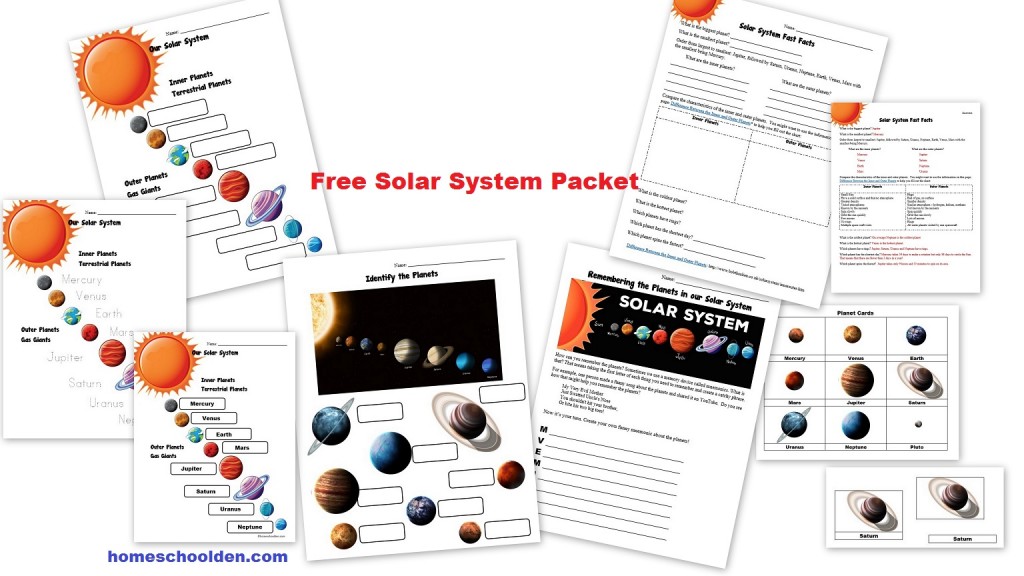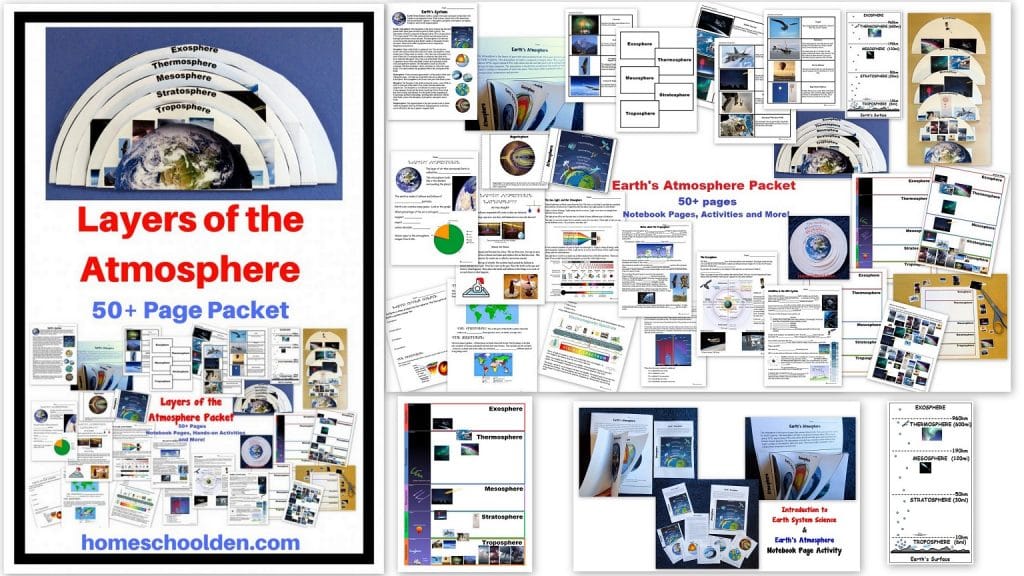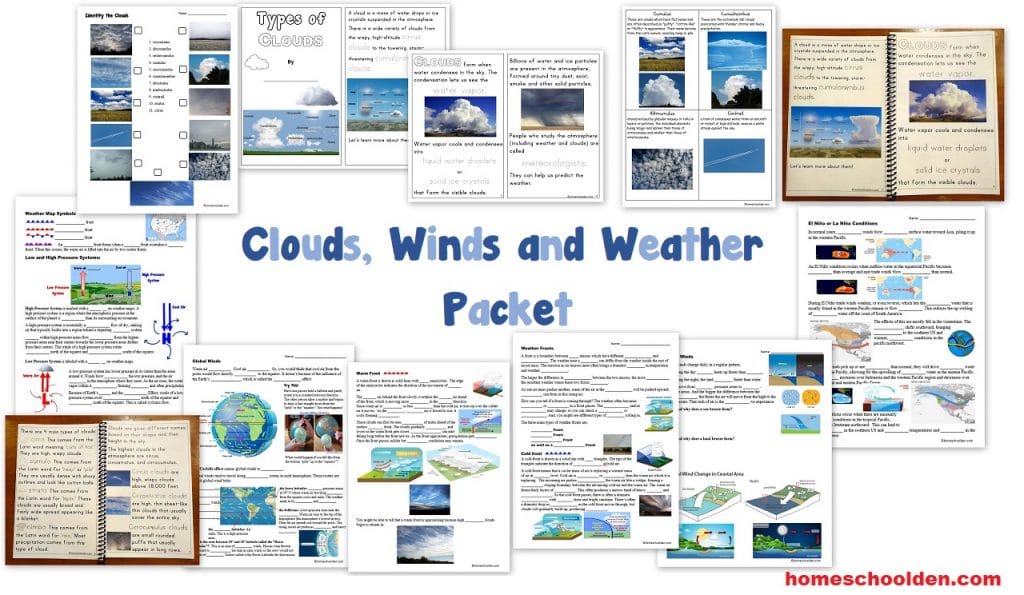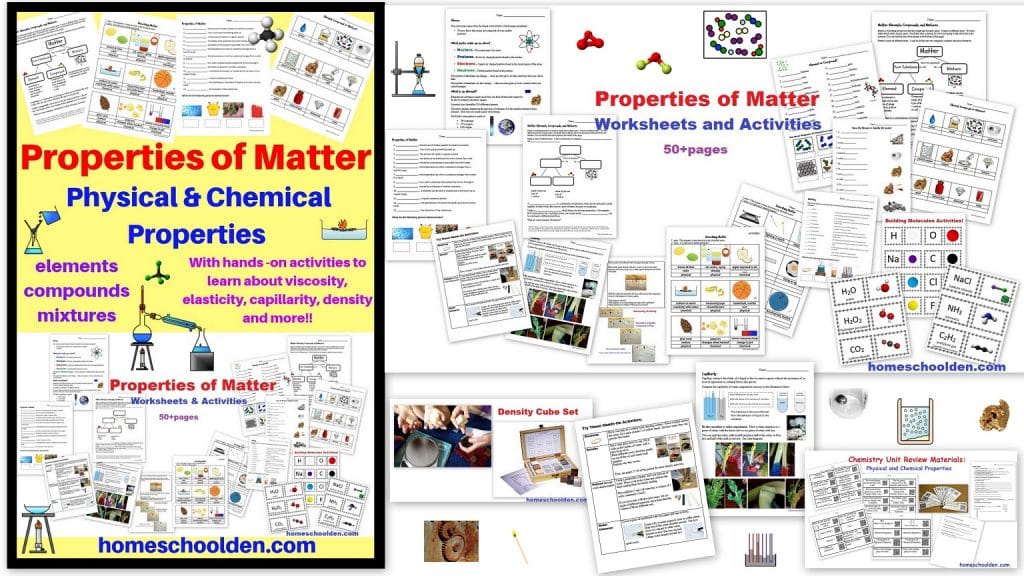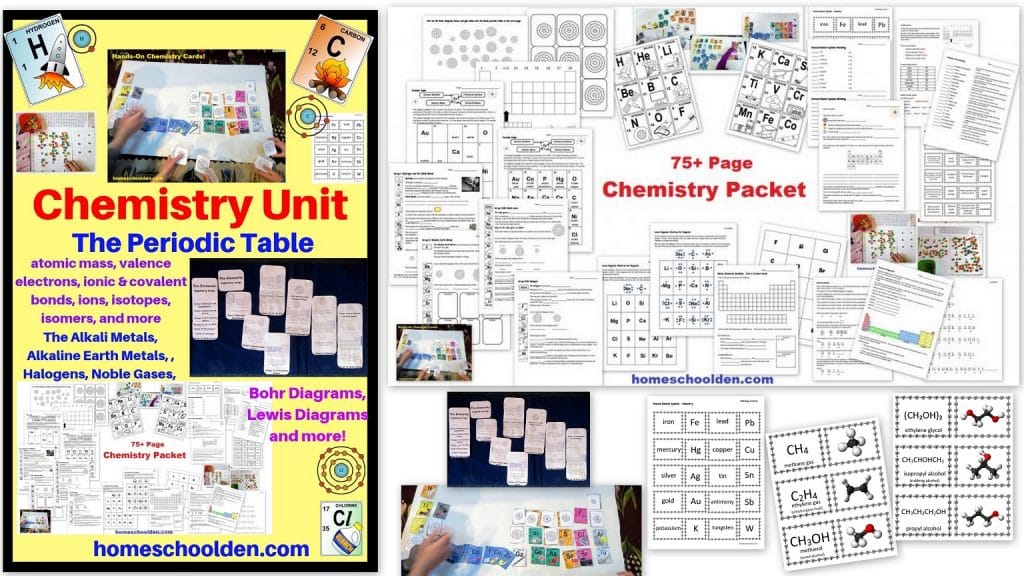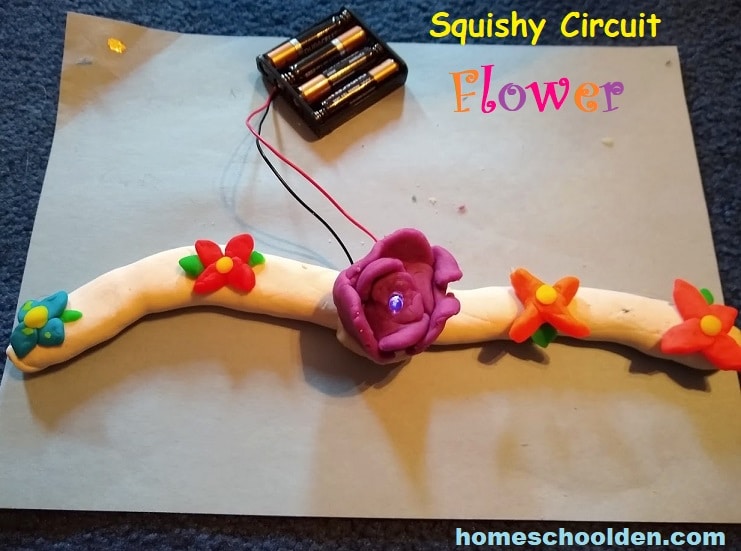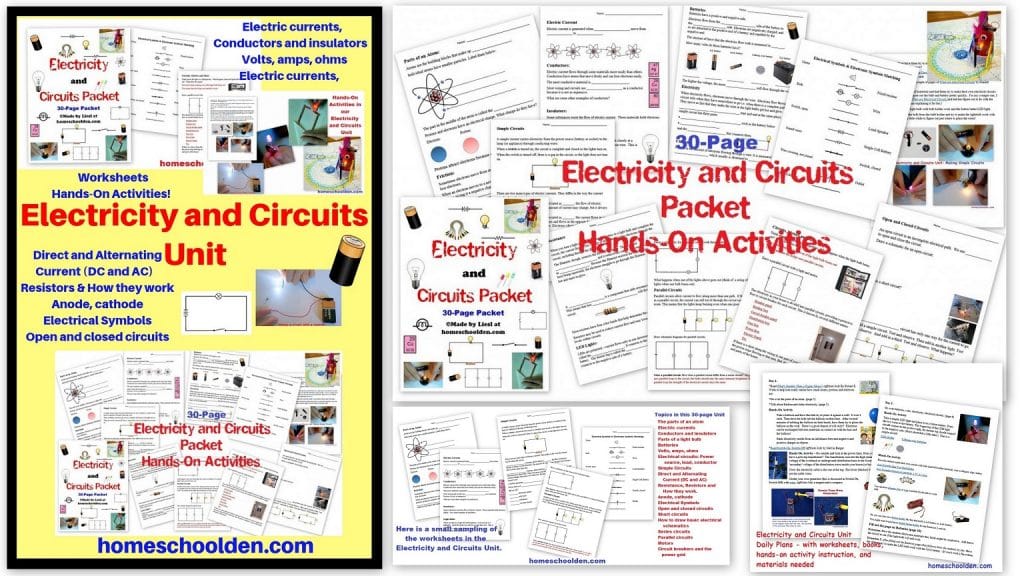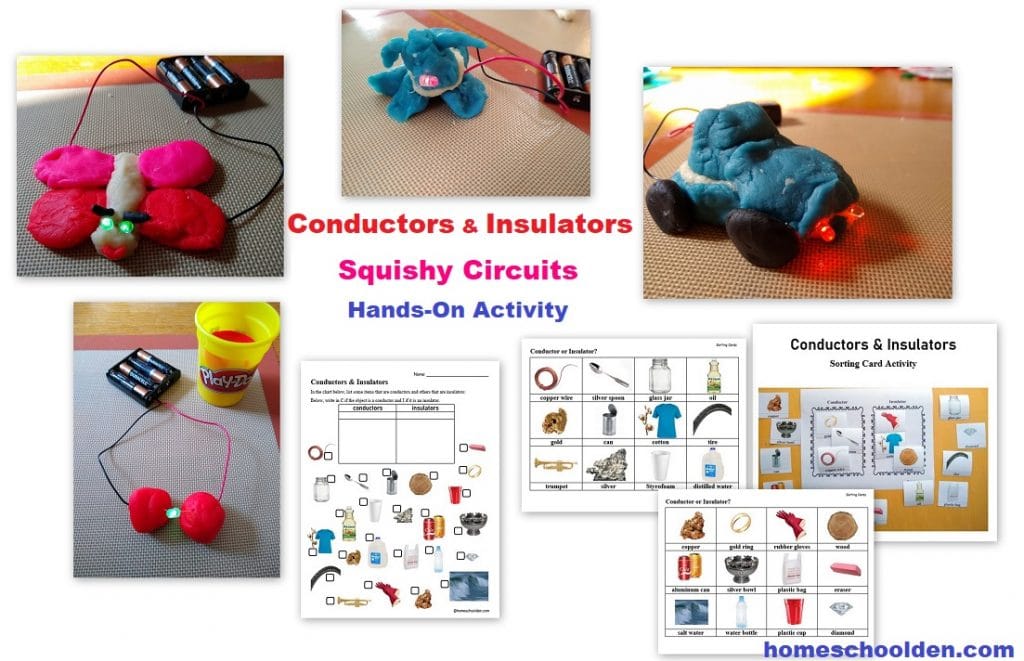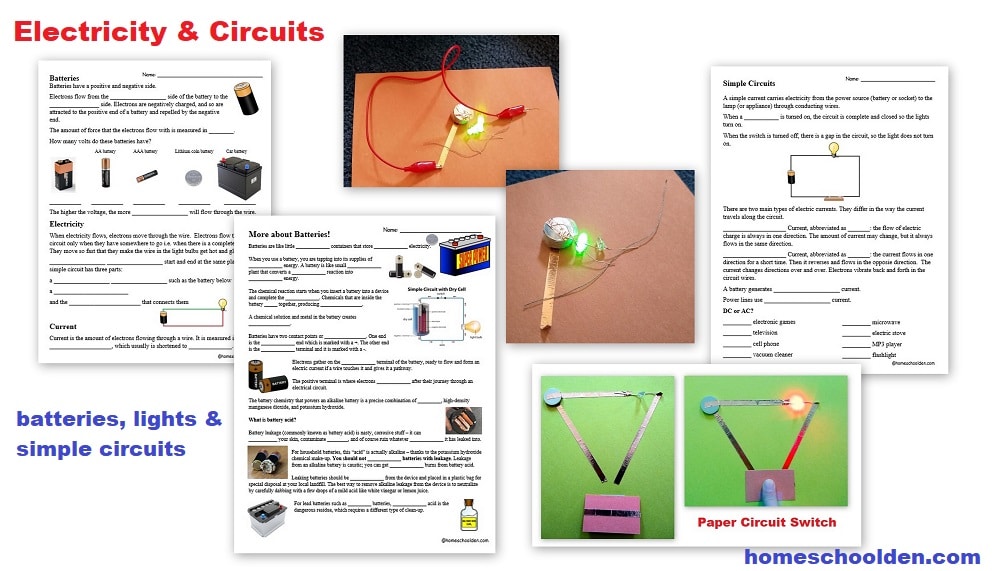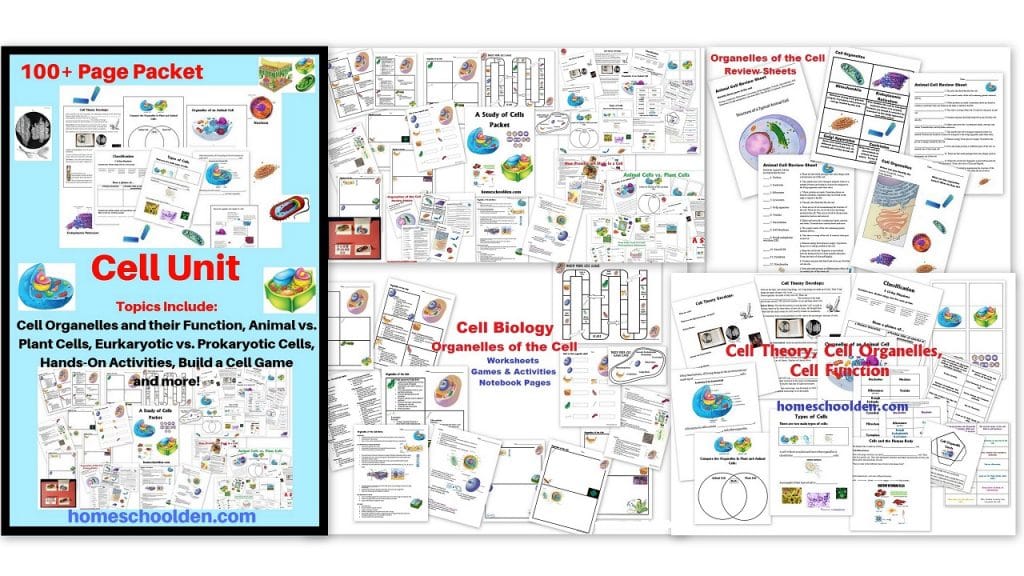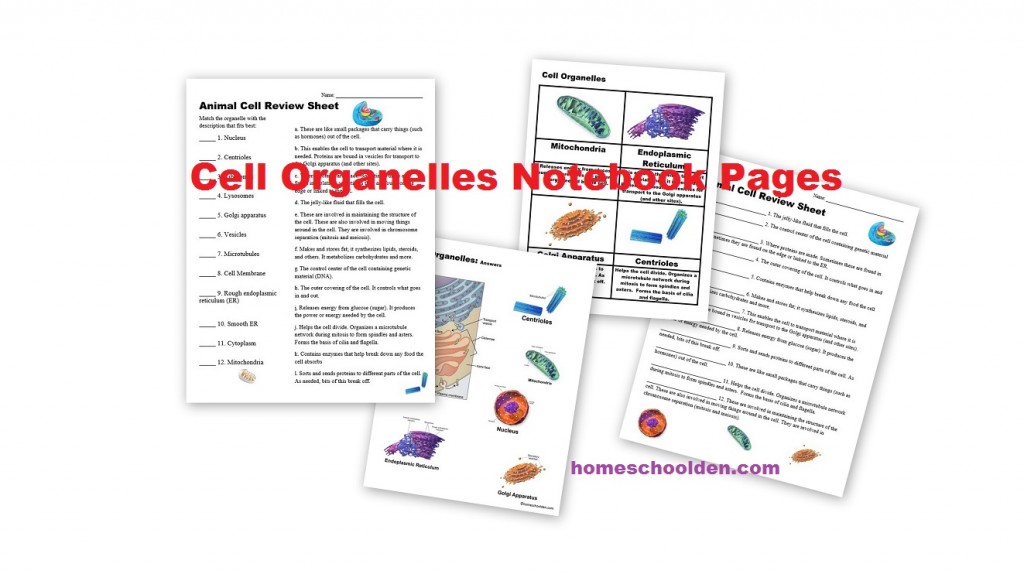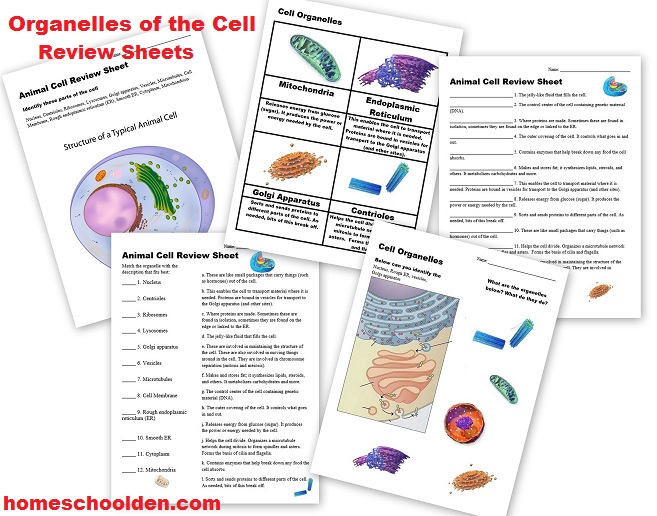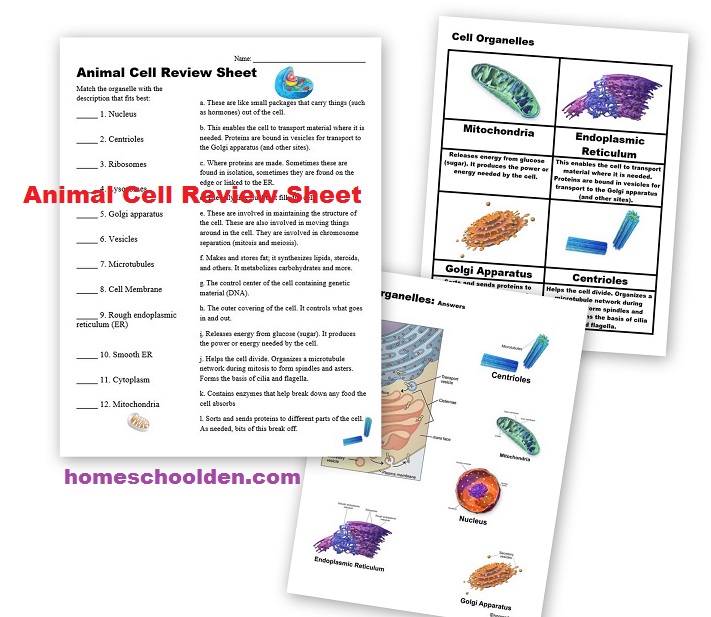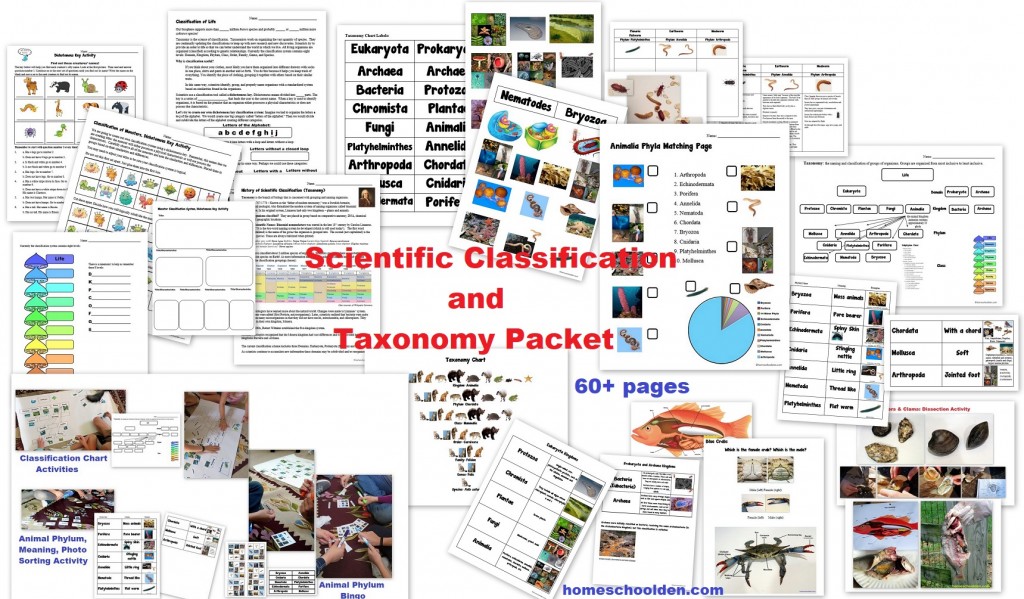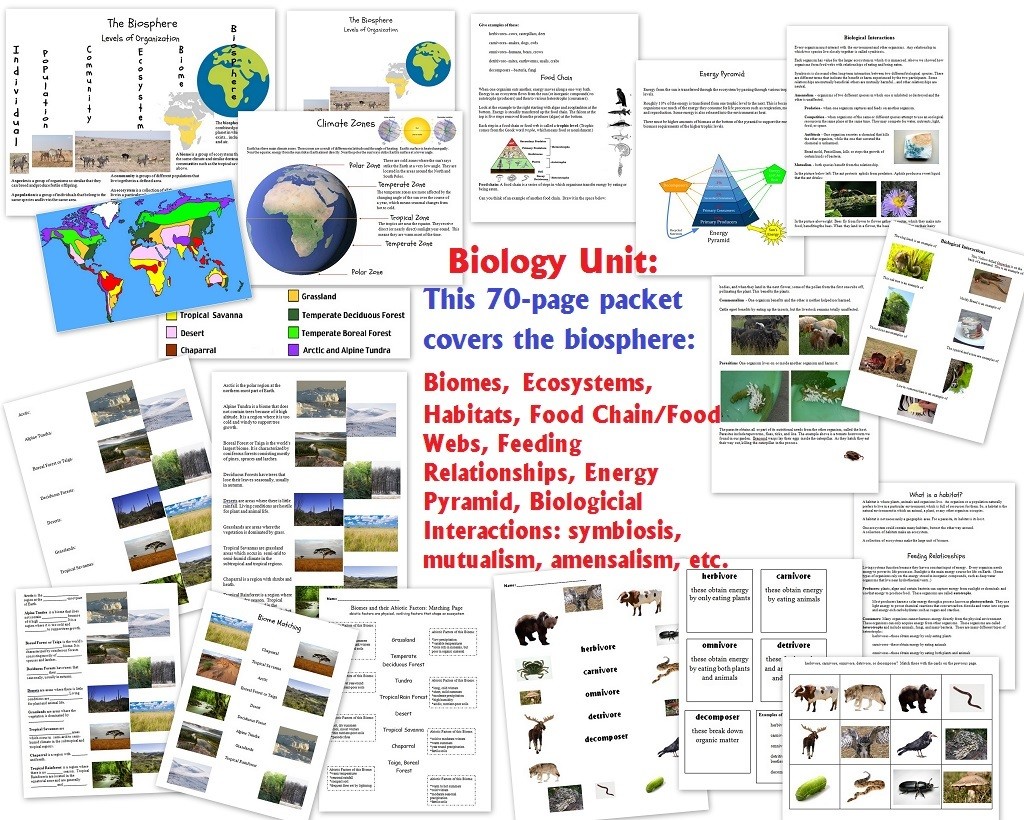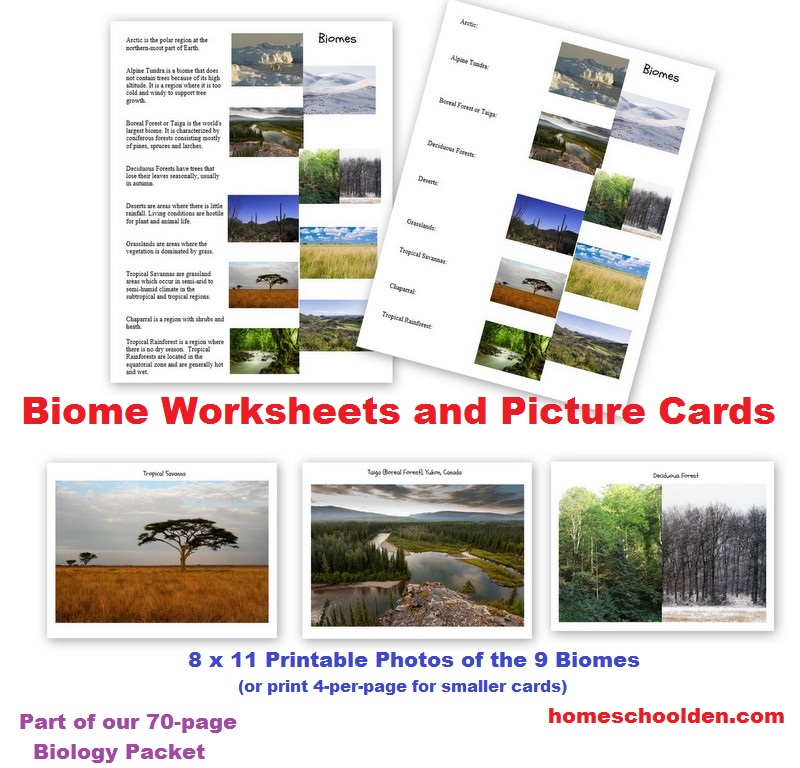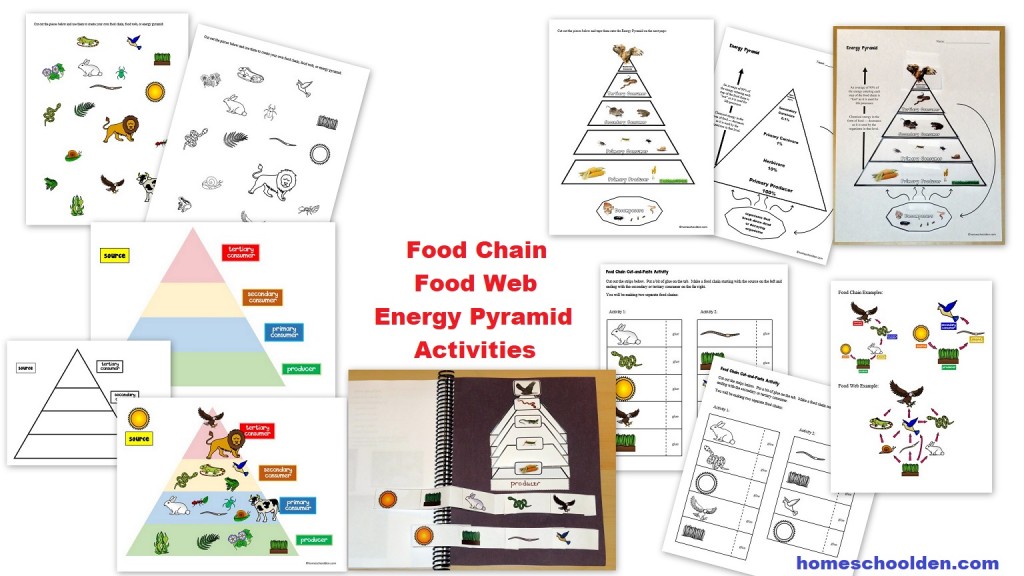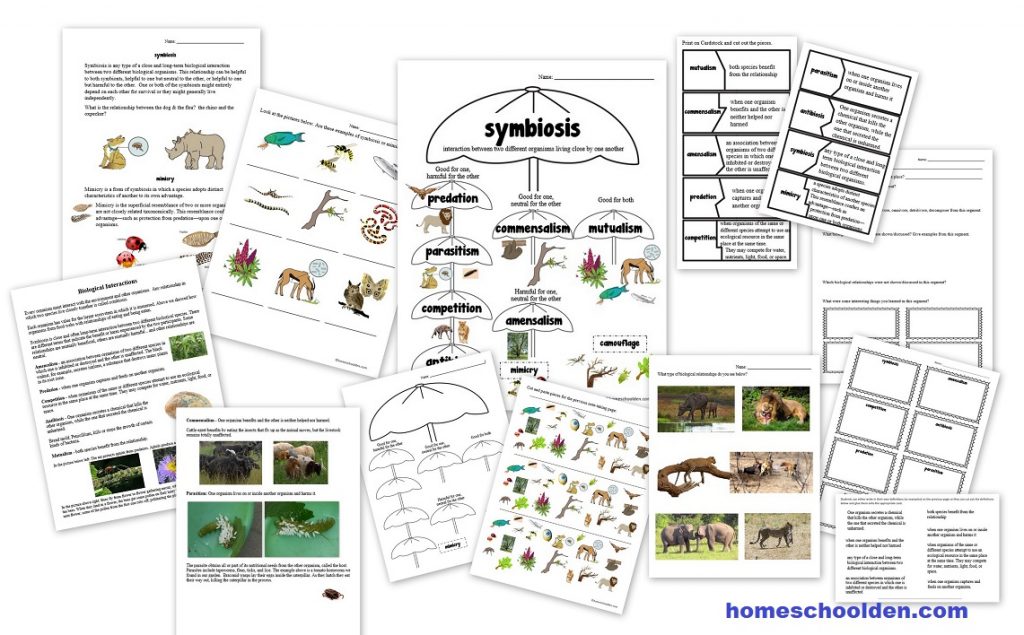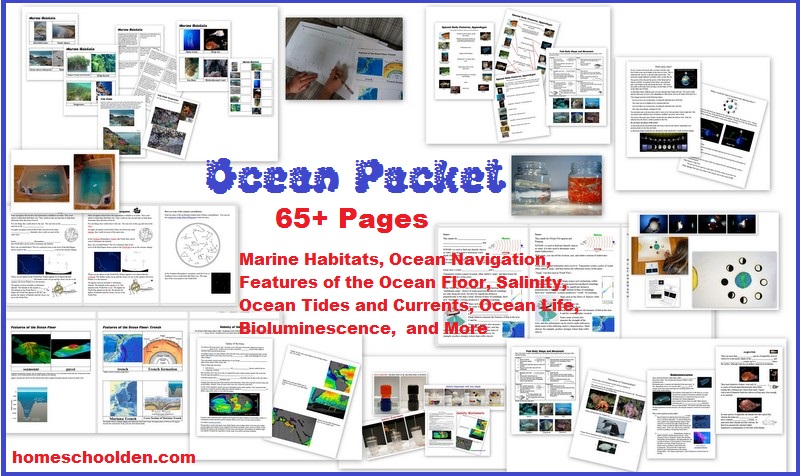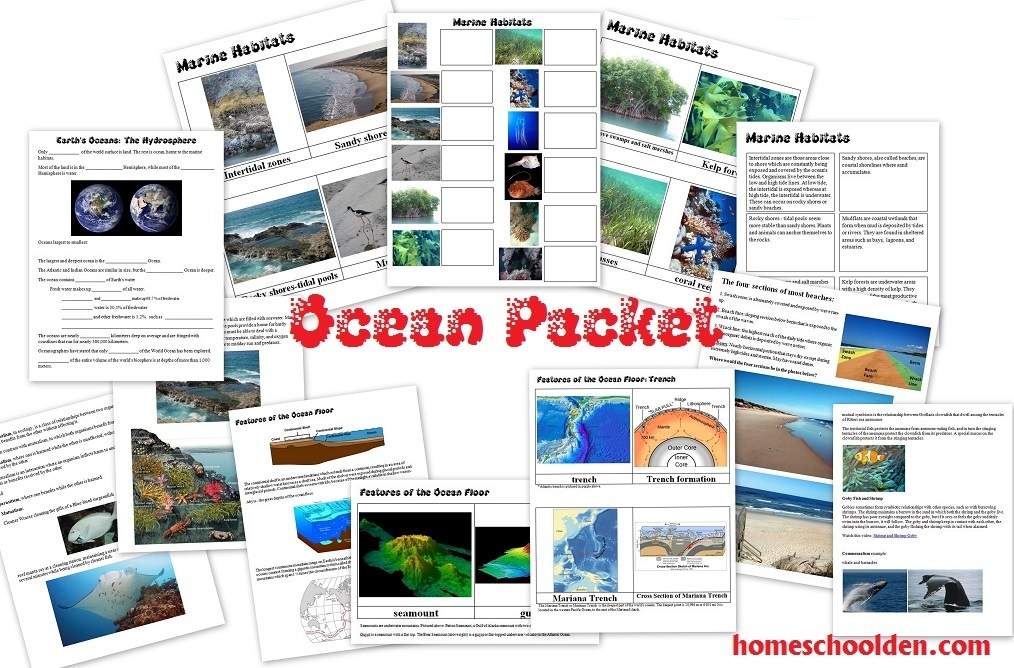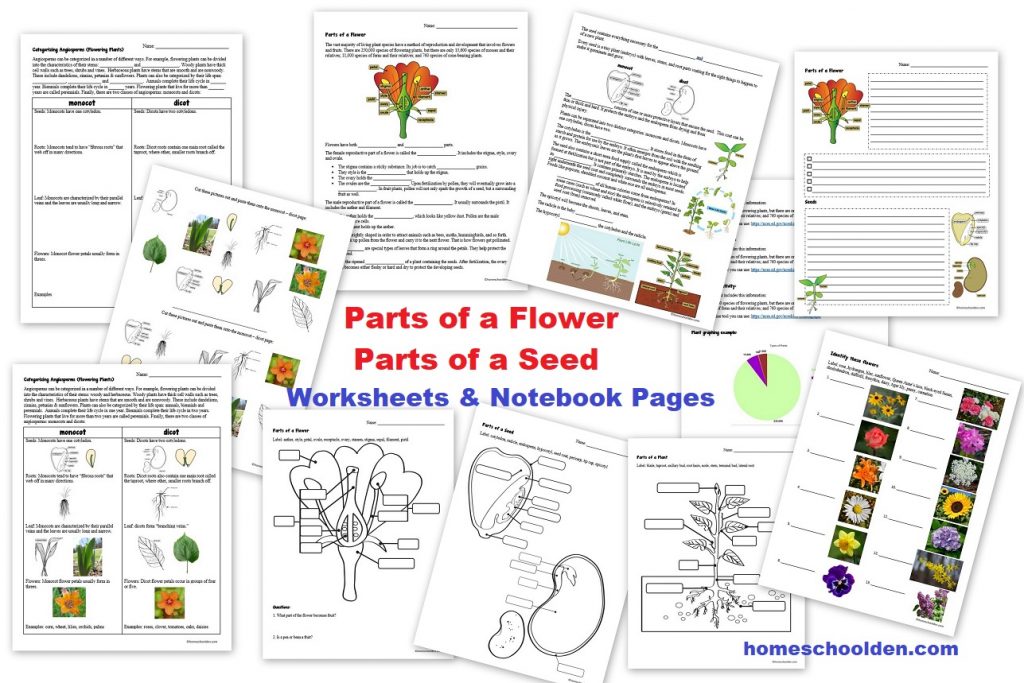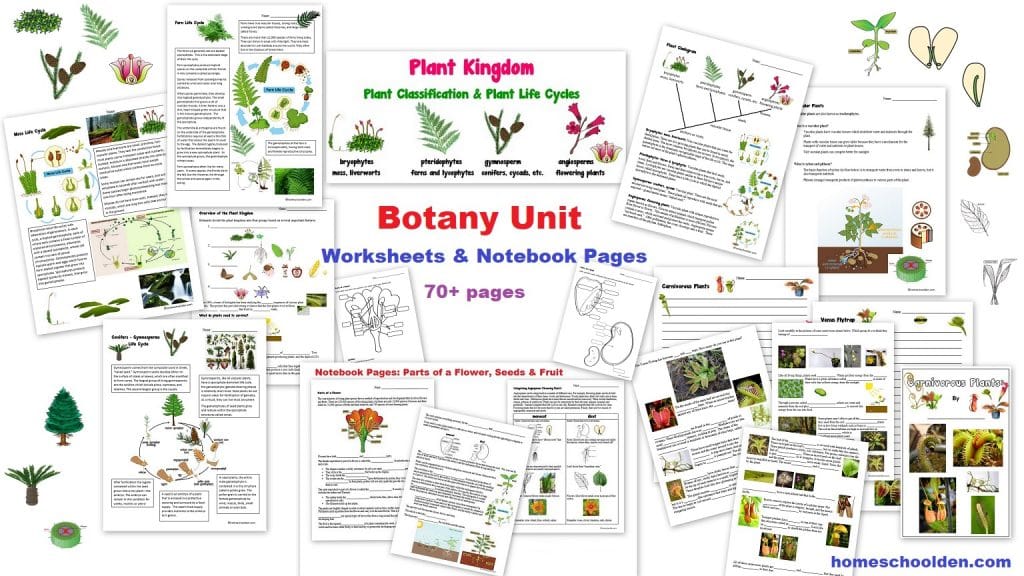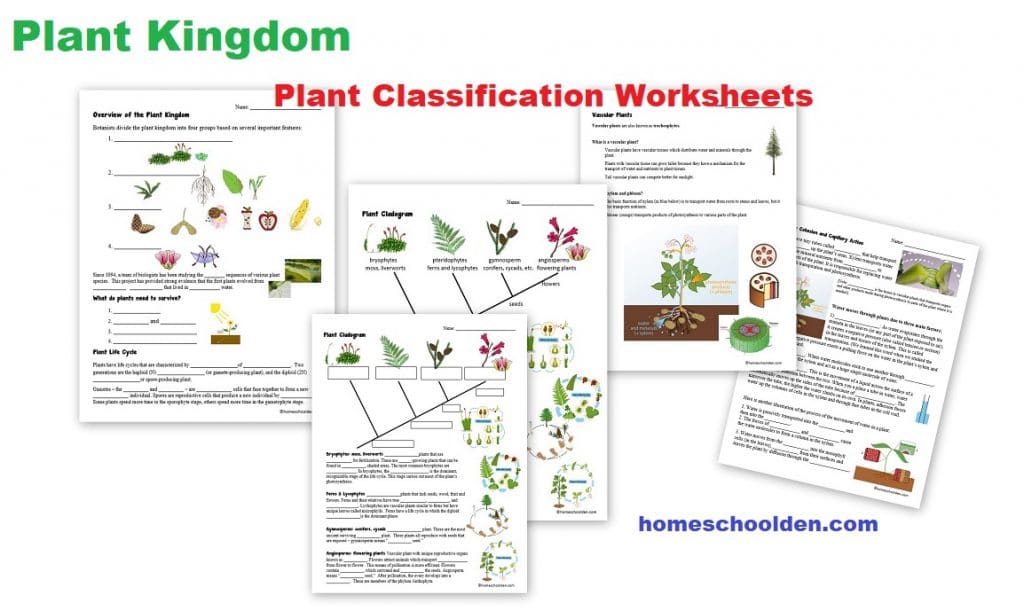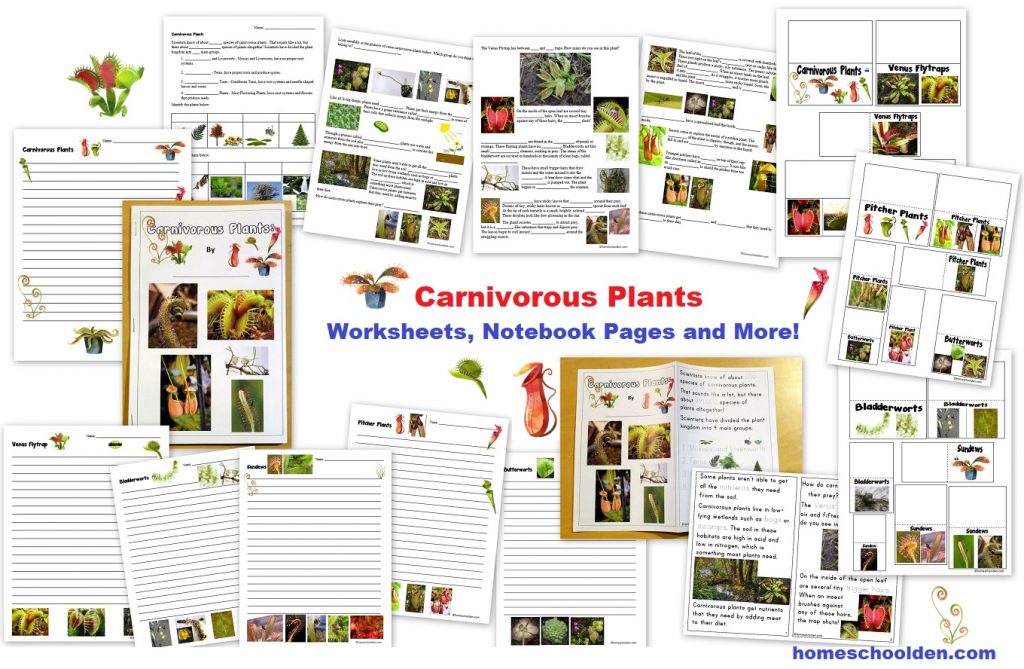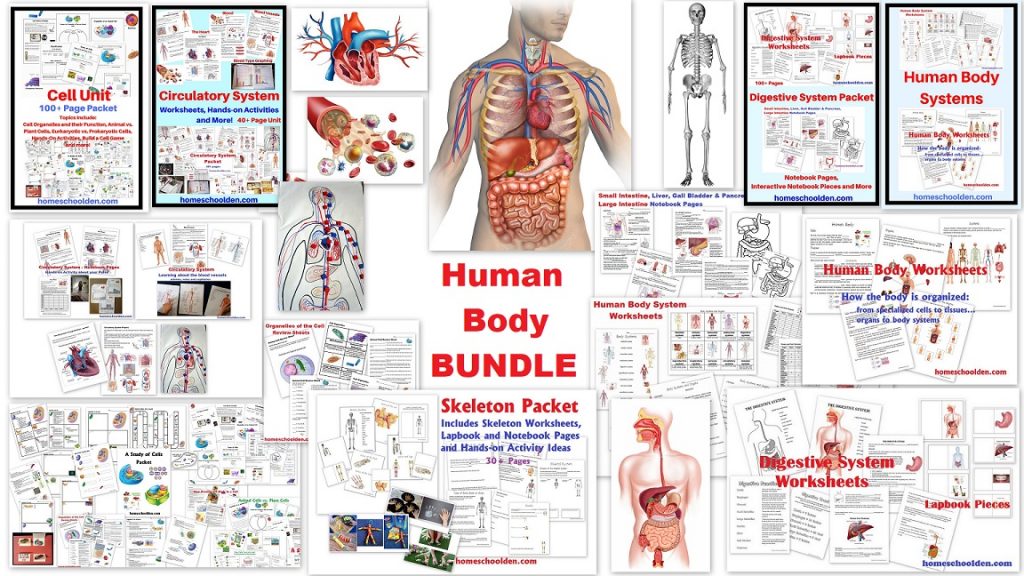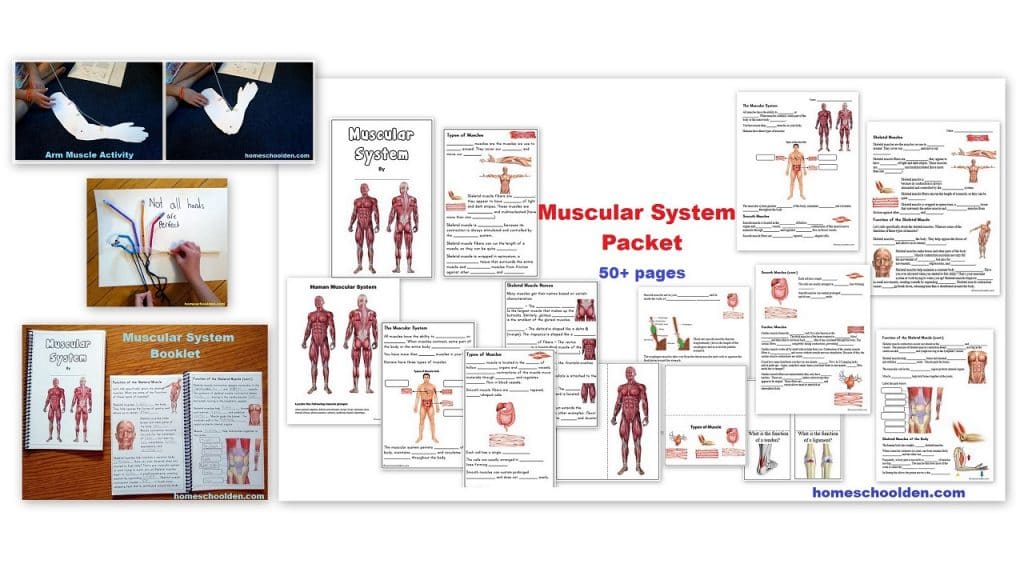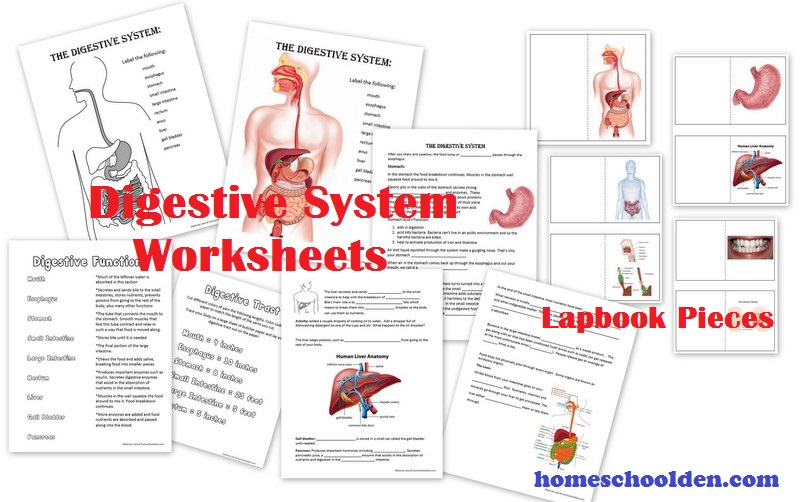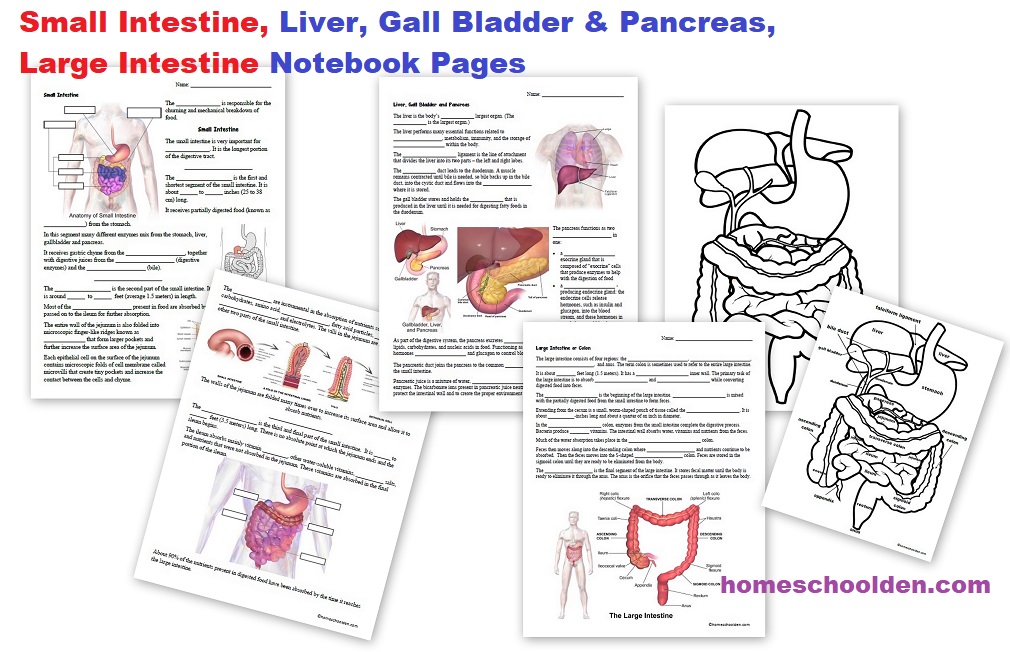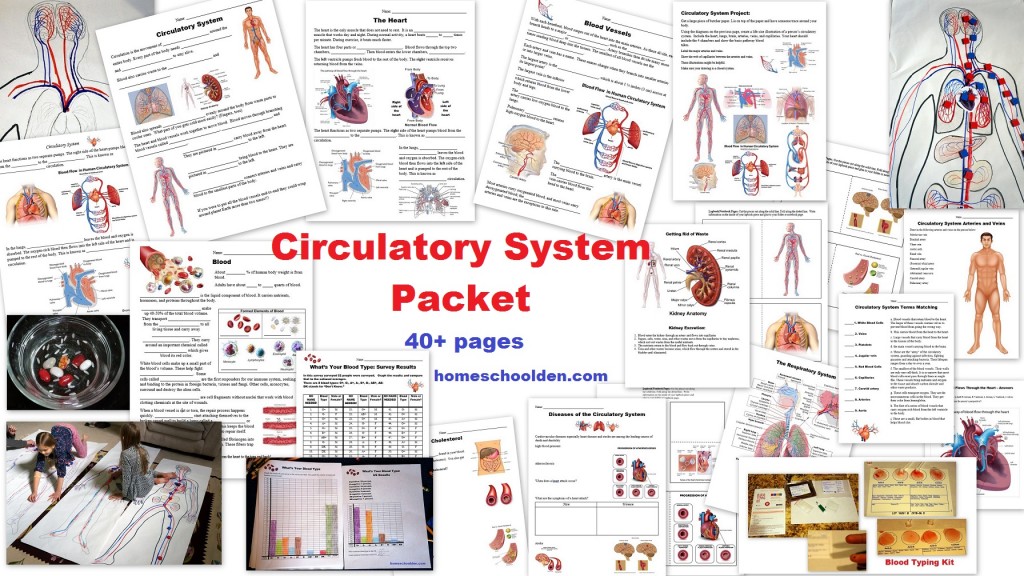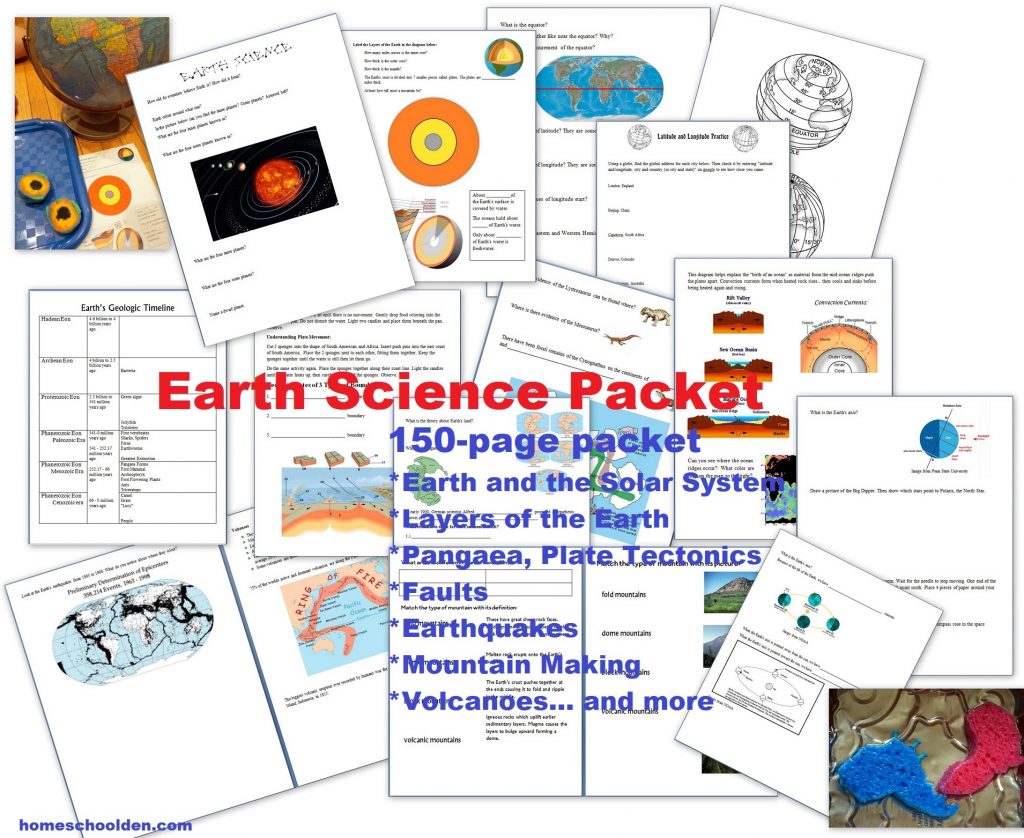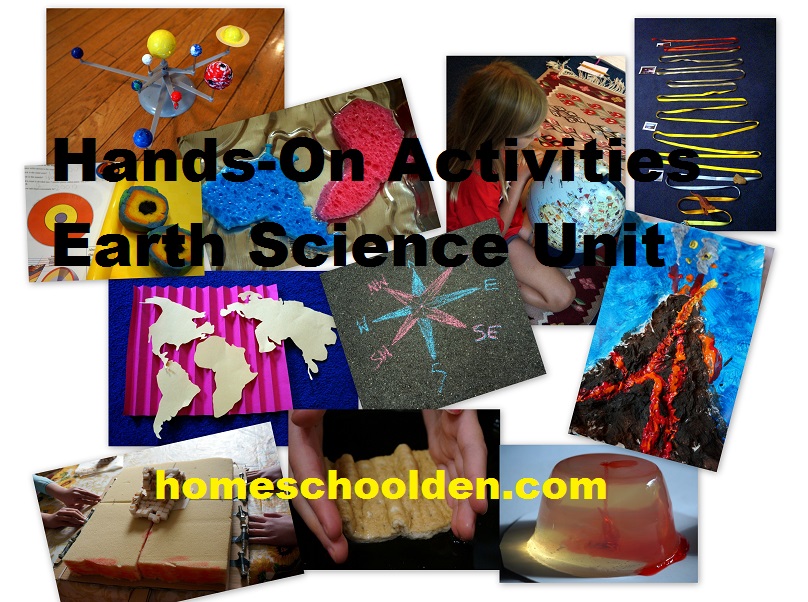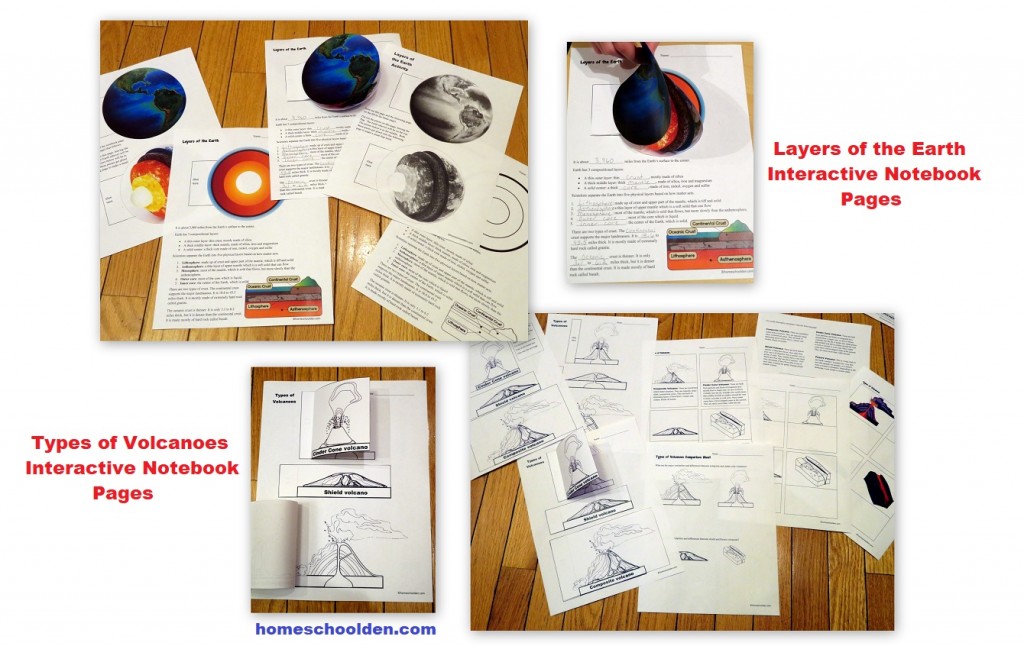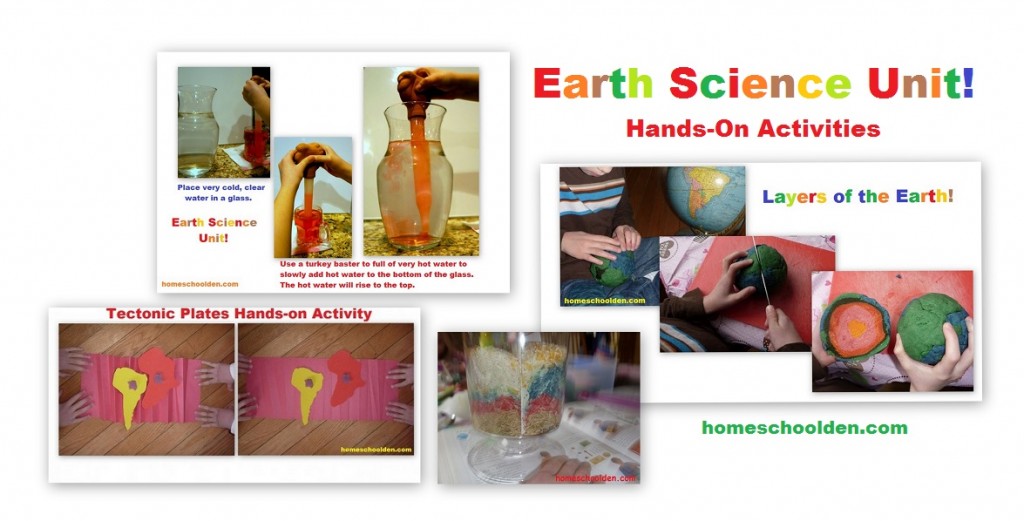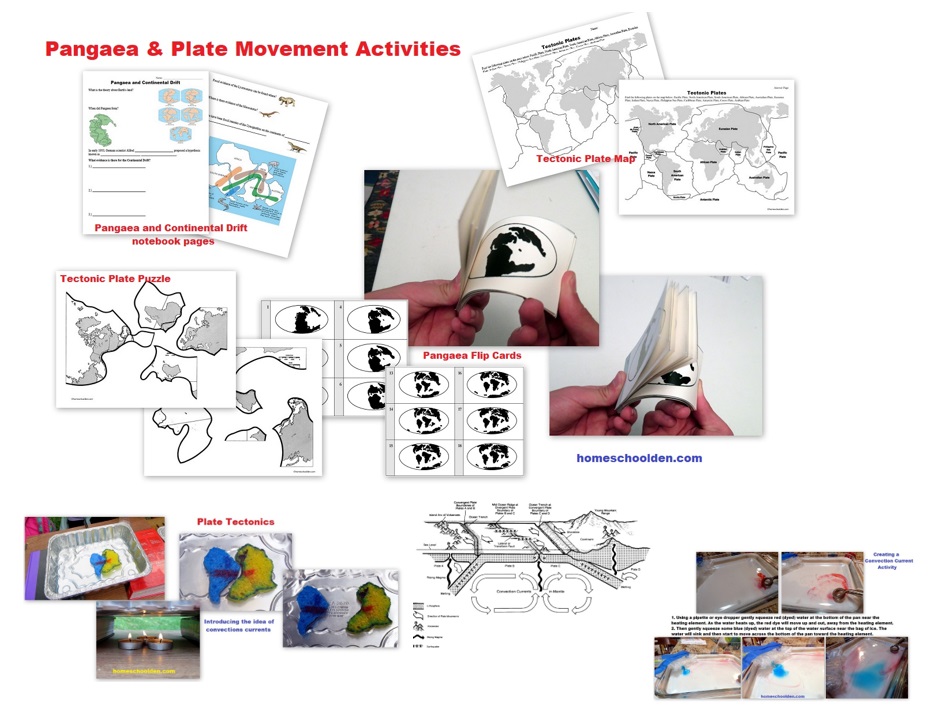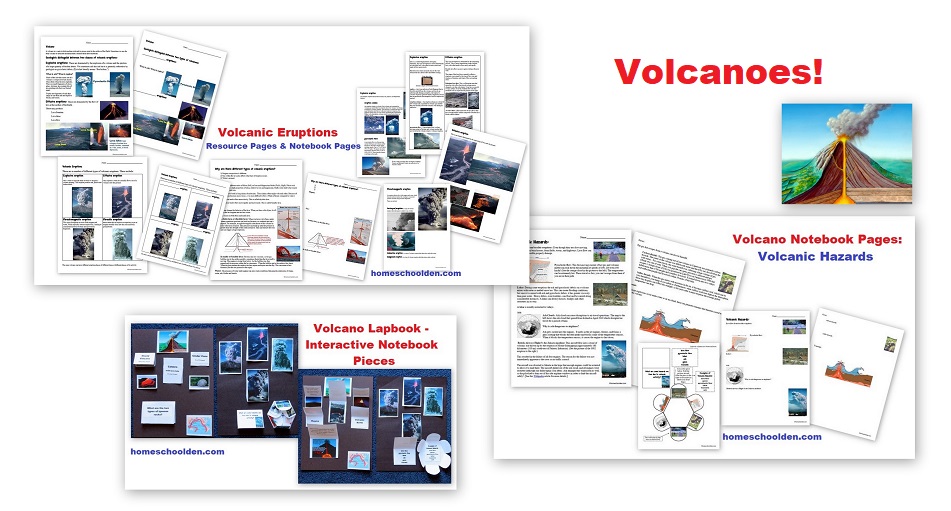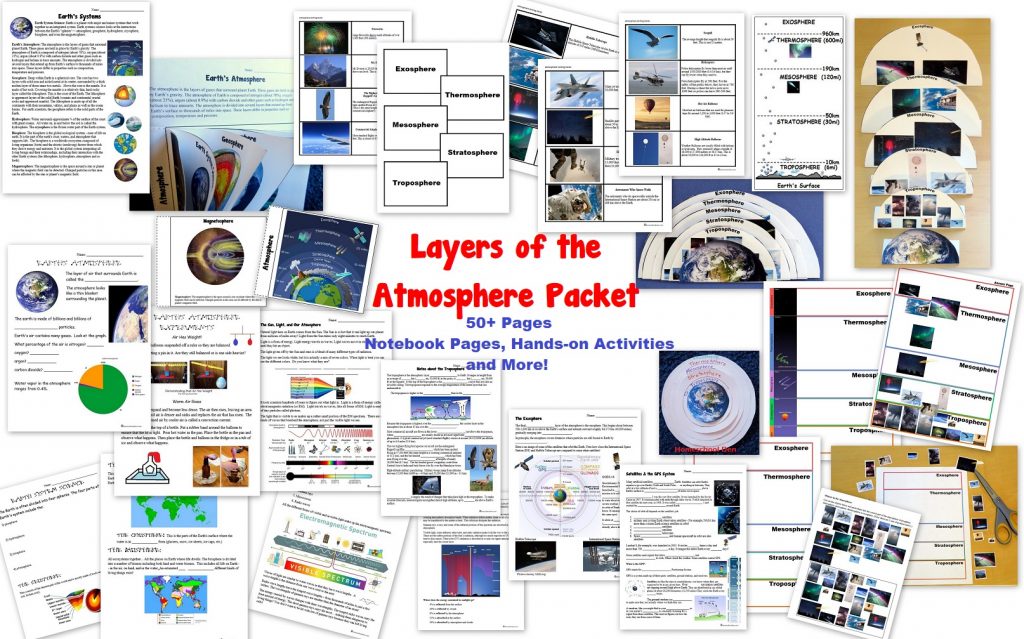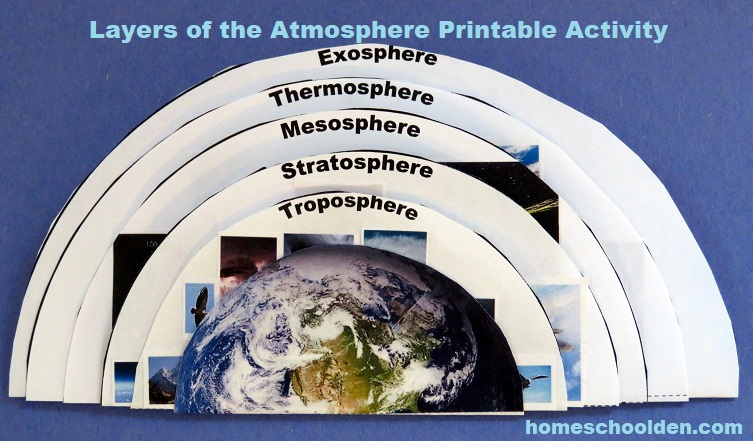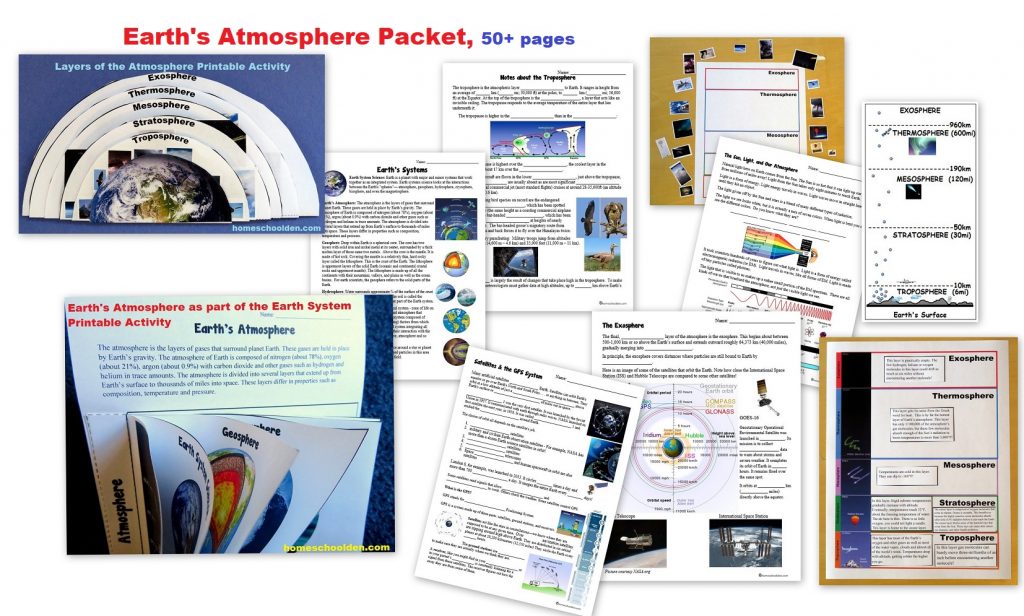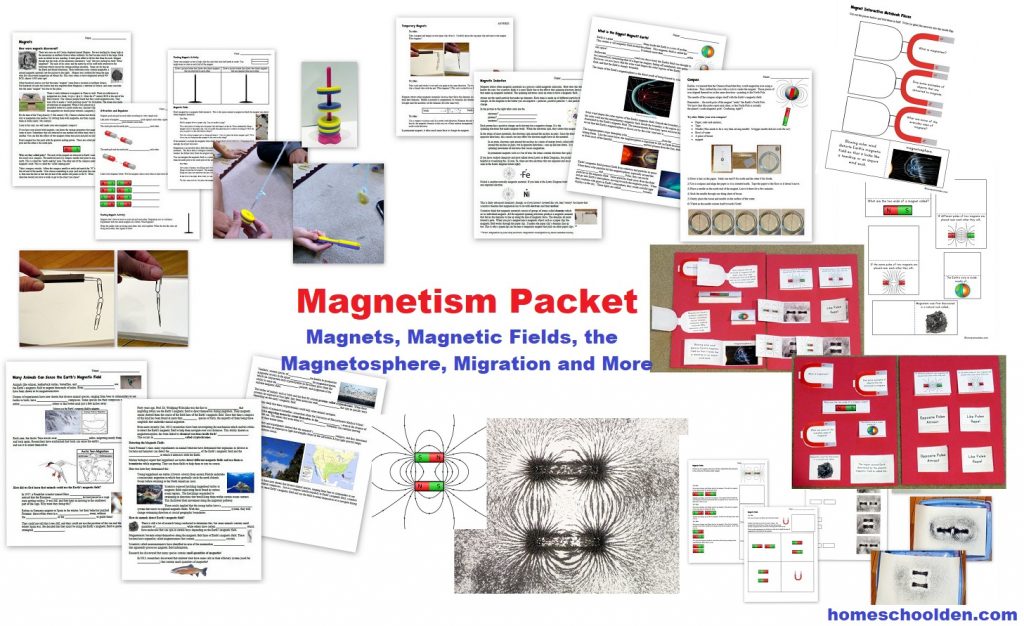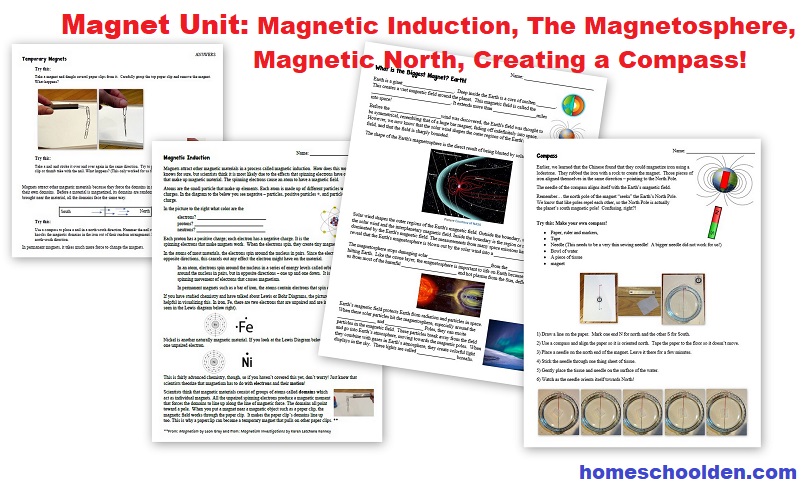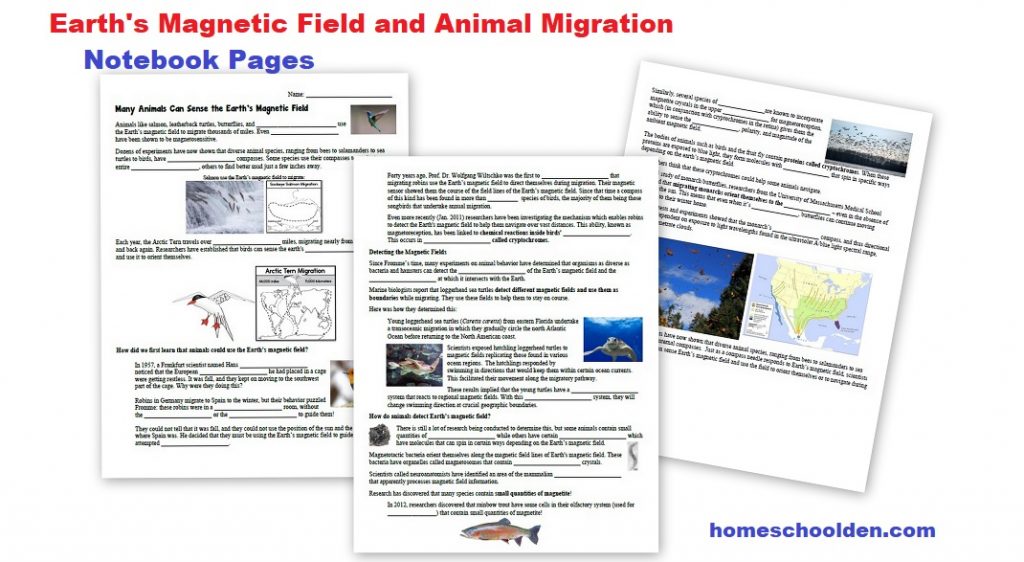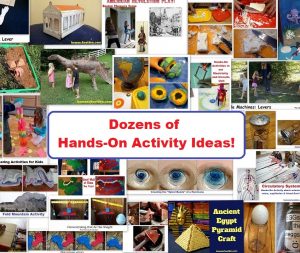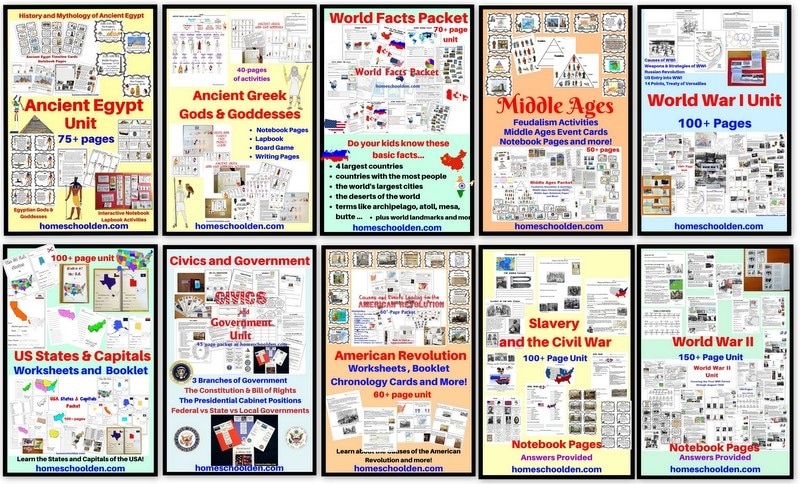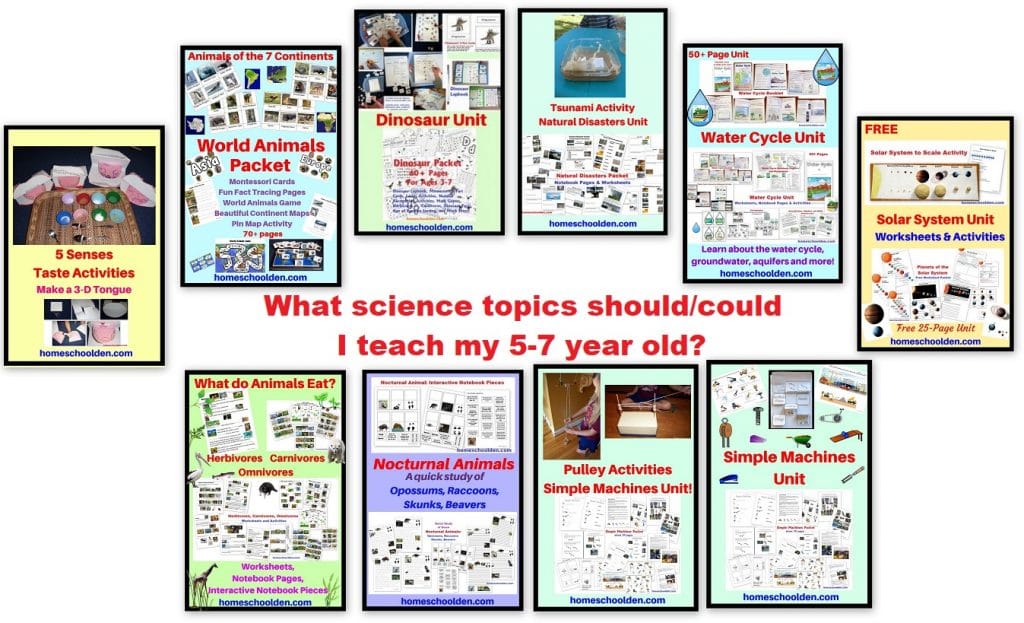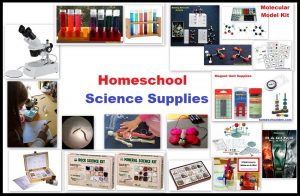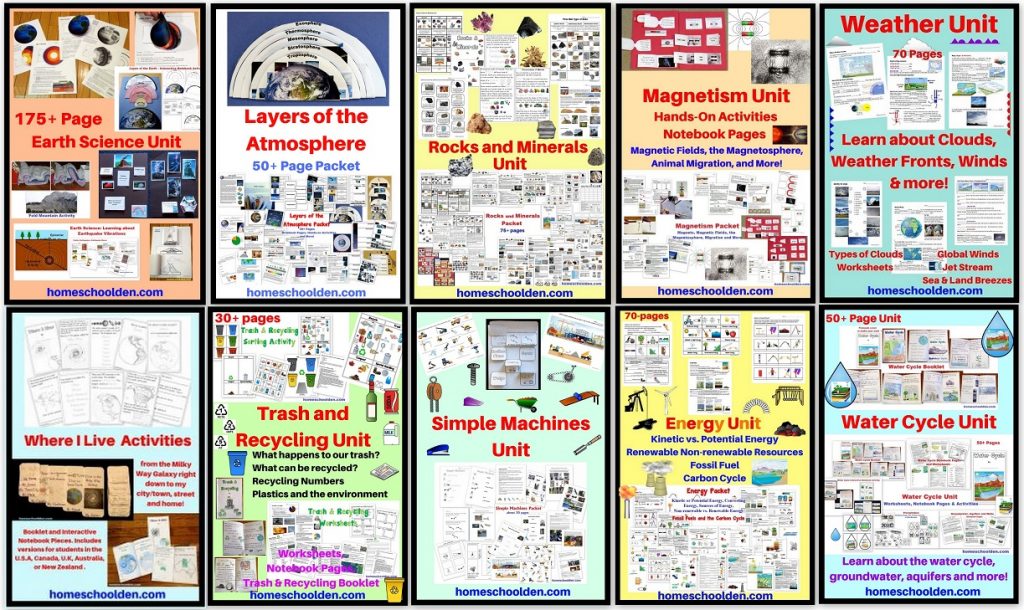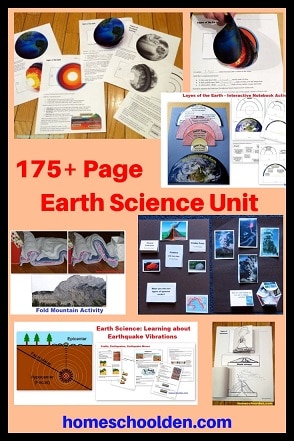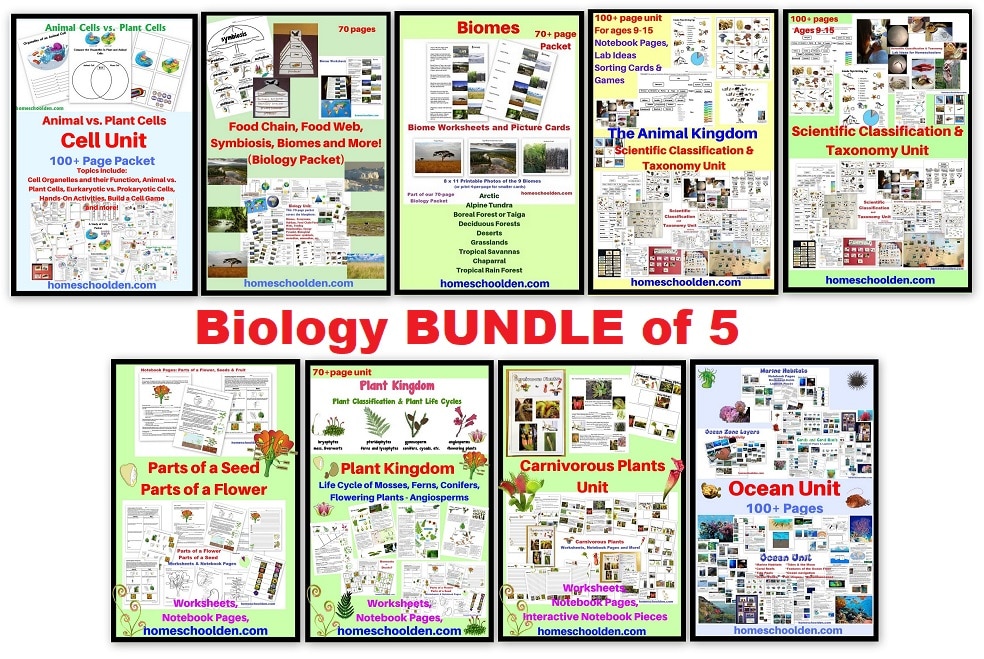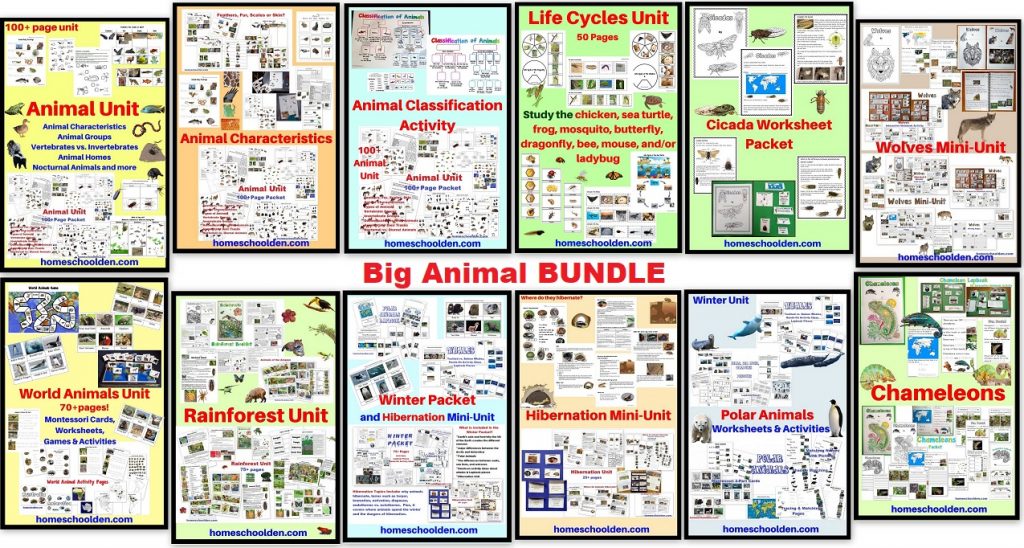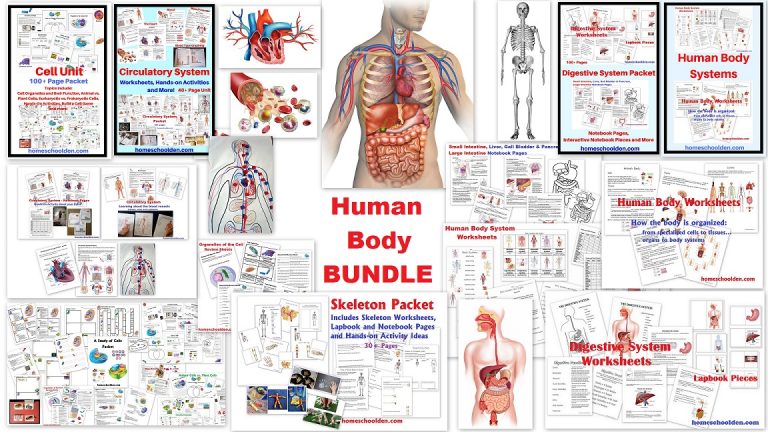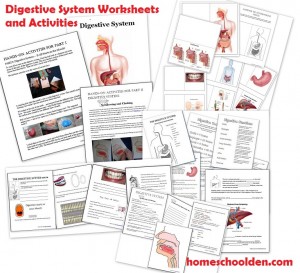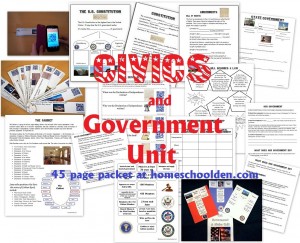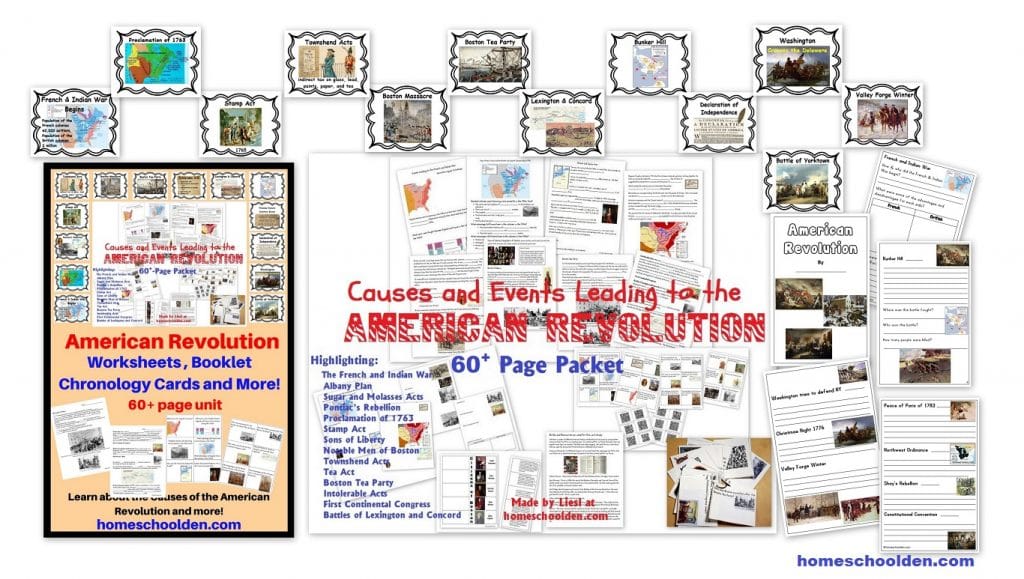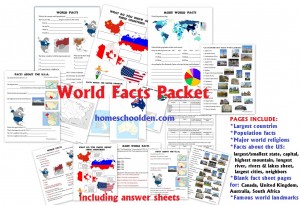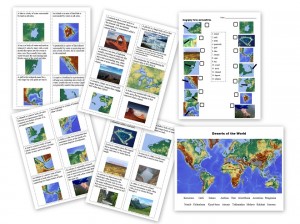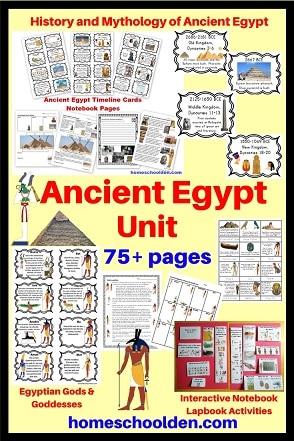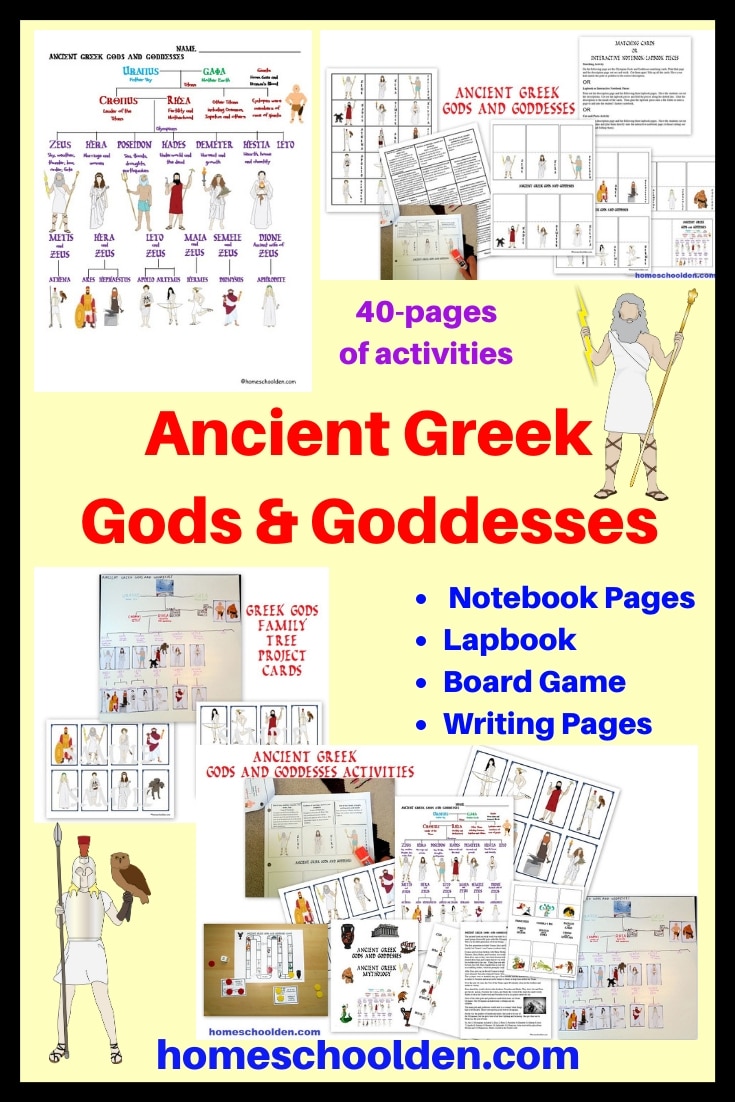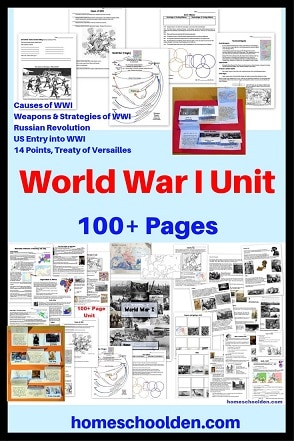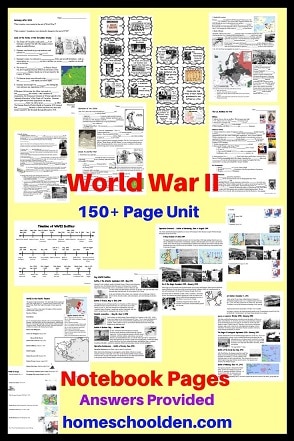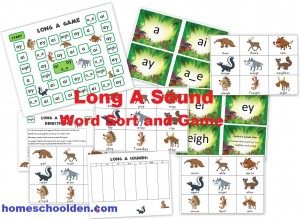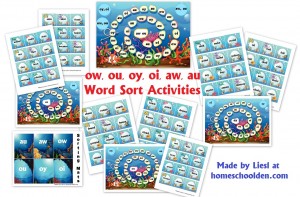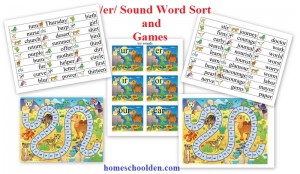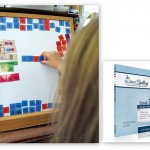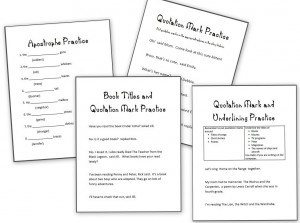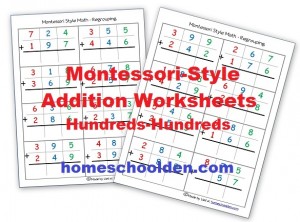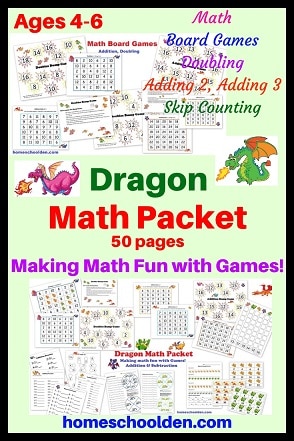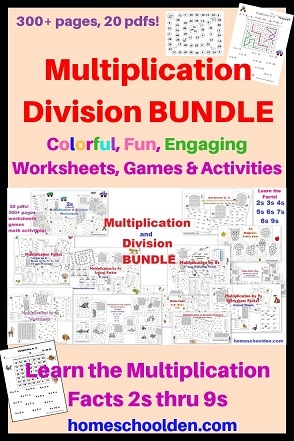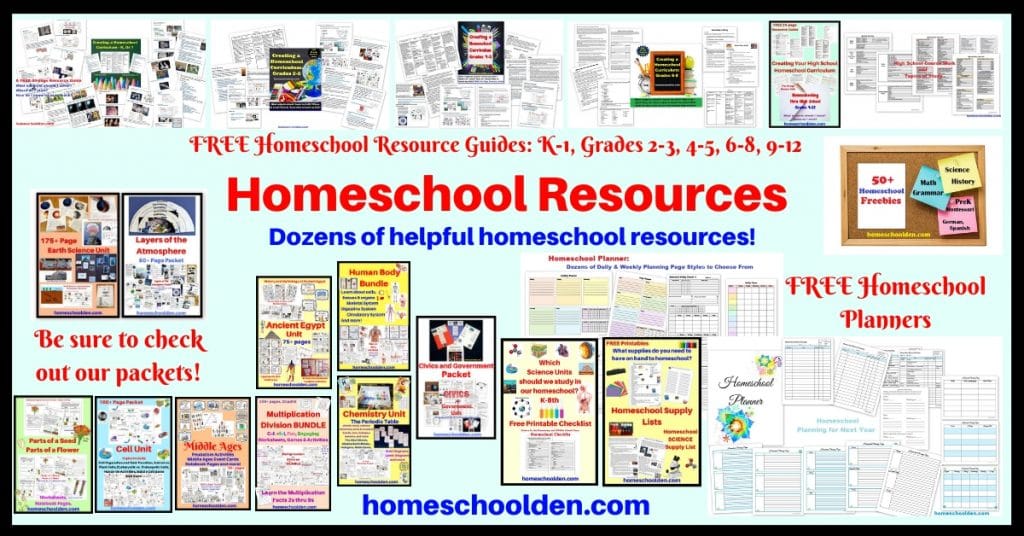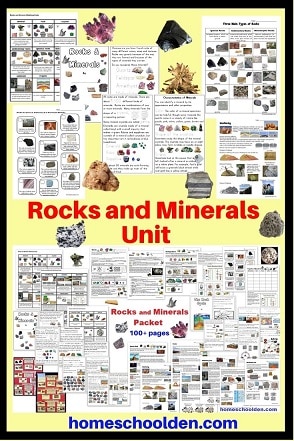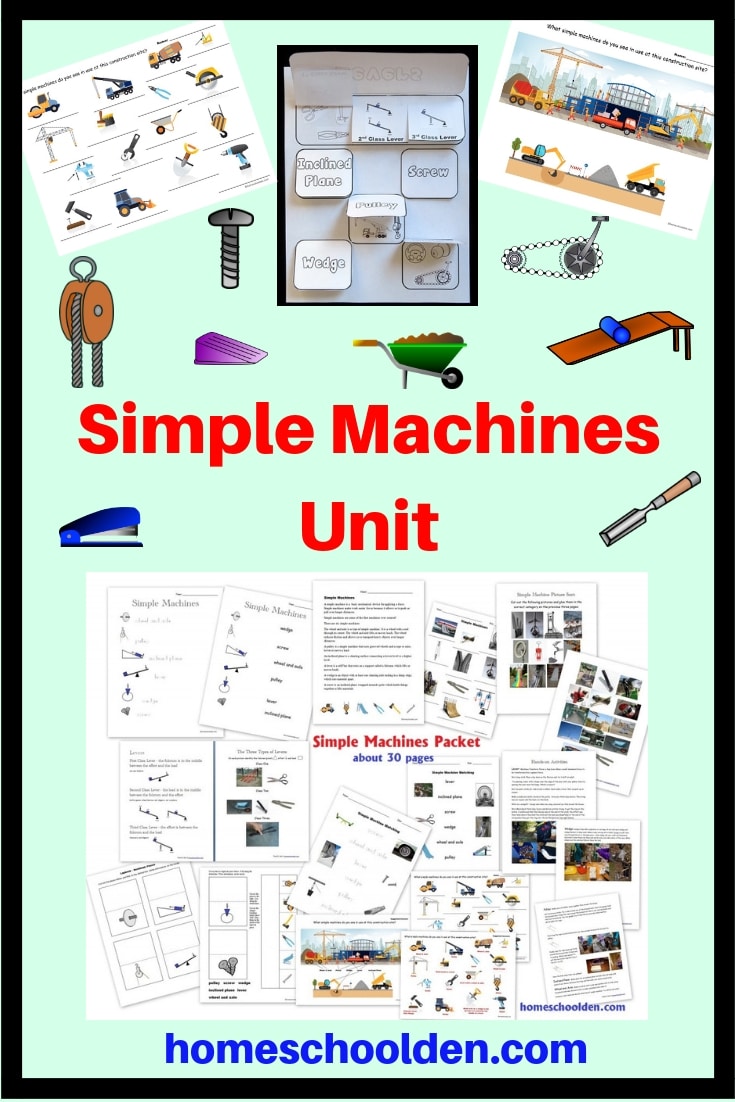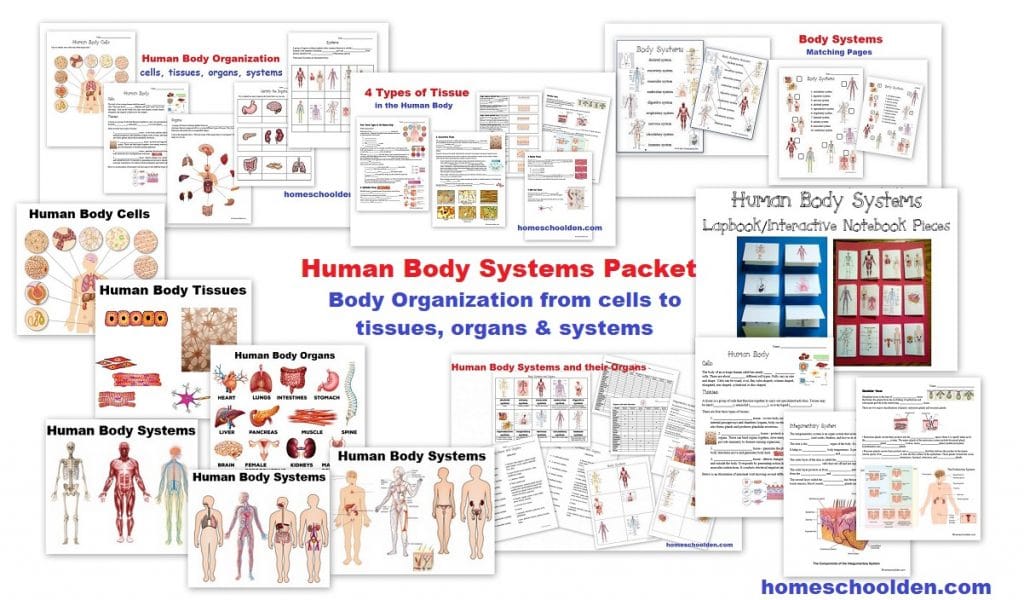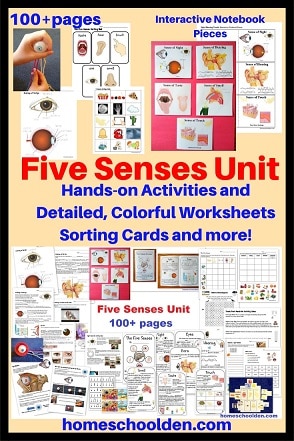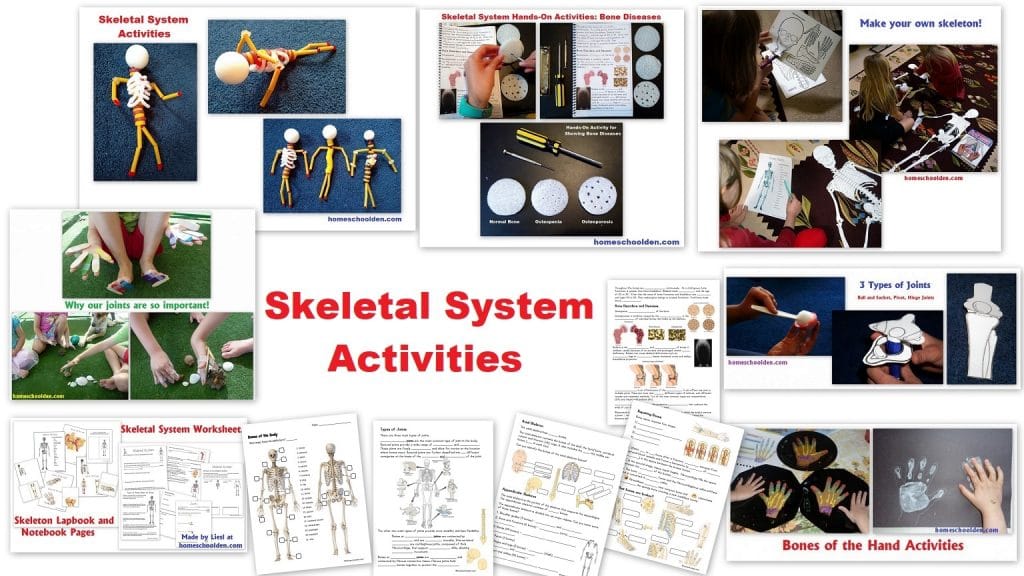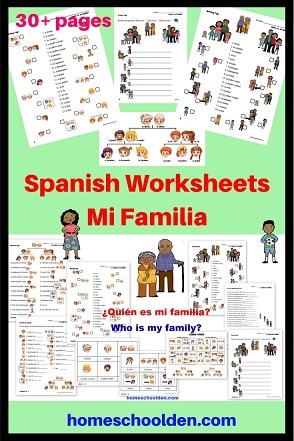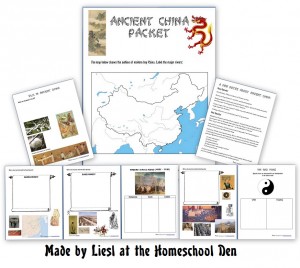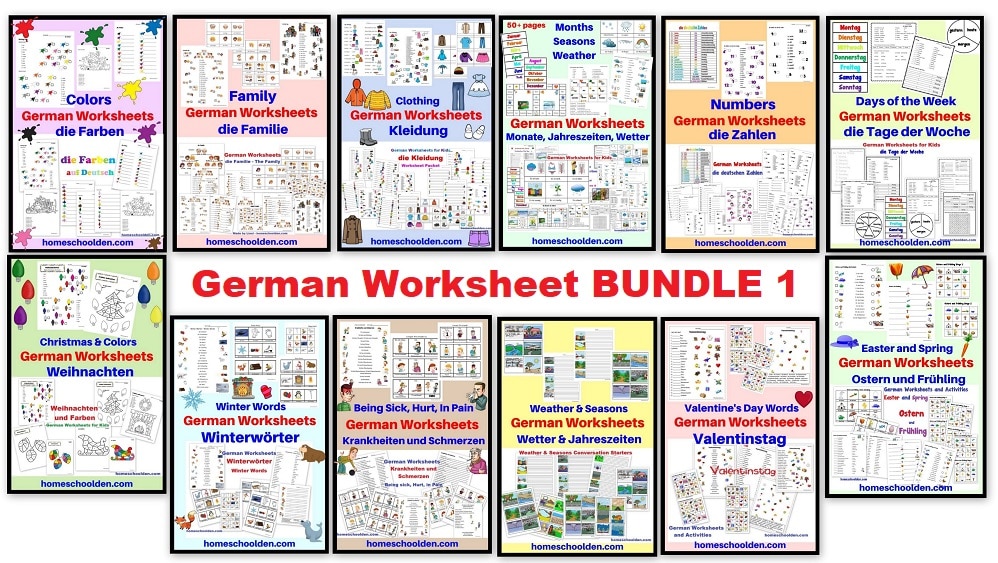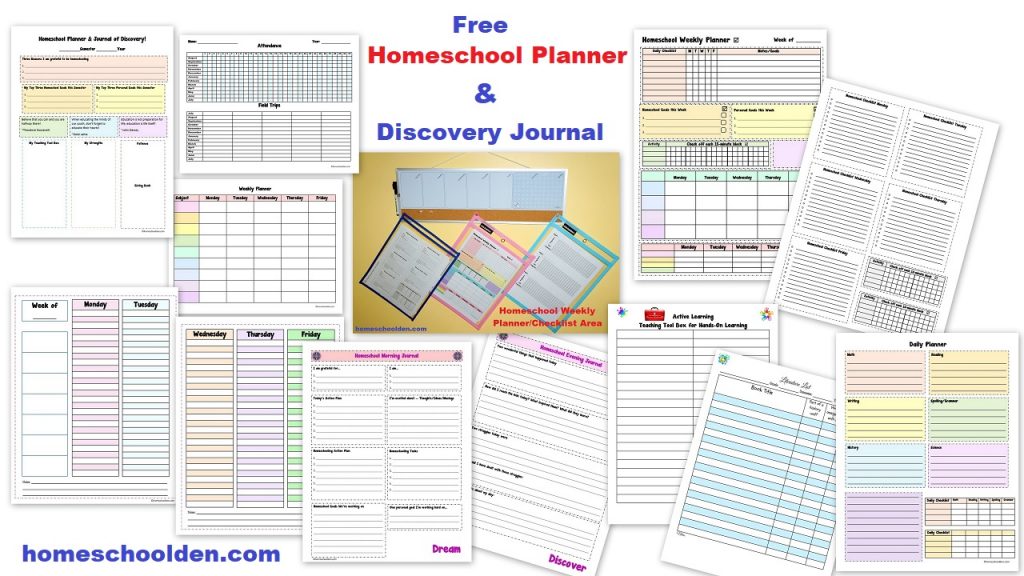Free Astronomy Worksheets – Middle School
Today, I have a few astronomy worksheets to share with you. I made these for my older two (who are in grades 6 and 8). Here are some of the astronomy topics we talked about:
- What is an AU (astronomical unit)?
- the layers of the Sun
- the Sun’s atmosphere
- solar flares, sunspots, flages
- planetary orbits, Kepler’s Laws
- asteroids, comets
Last week, I shared a free packet about the planets of the solar system. Those were geared more for younger kids. My older two were intrigued to find out more about black holes, quasars and things like that. We spent 20-30 minutes reading about all kinds of astronomy topics each day for a couple of weeks.
As I said in the last post, we read *a lot* of books for this unit!
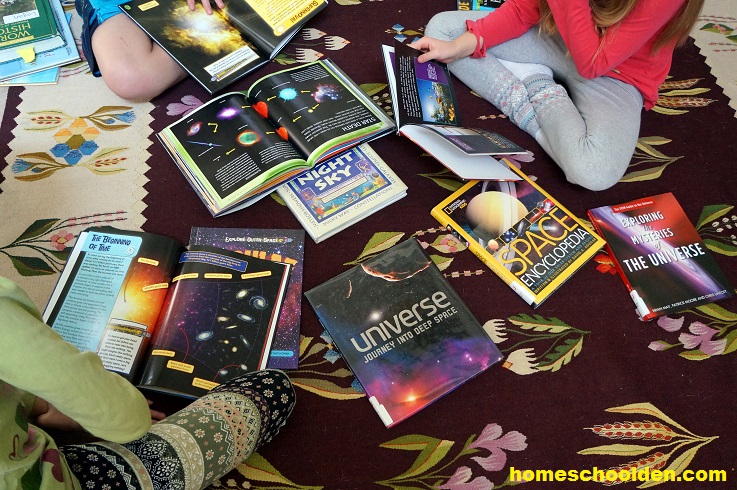
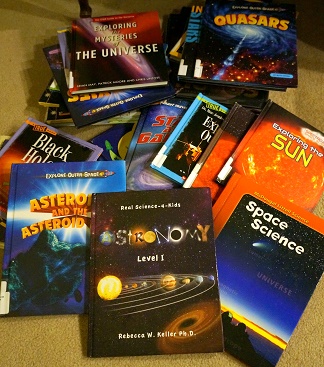
If you use the astronomy notebook pages I made for the kids, you might want to get a book specifically about the Sun. We used a number of different books about the Sun; this one was pretty good– Exploring the Sun (affiliate link) (it’s copyright is 2016). But your public library probably has a number of books that will work as well.
We spent quite a bit of time talking about planets’ elliptical orbits (including the definition of an ellipse, etc.) and then spent a bit of time talking about asteroids, the asteroid belts, comets, etc.
We will probably need to come back to astronomy again at some point in the future as there were so many more topics we could explore!
These notebook pages are free to download if you can use them. The answer sheets are included as well. 🙂 Enjoy! ~Liesl
Free Astronomy Worksheet Packet Middle School
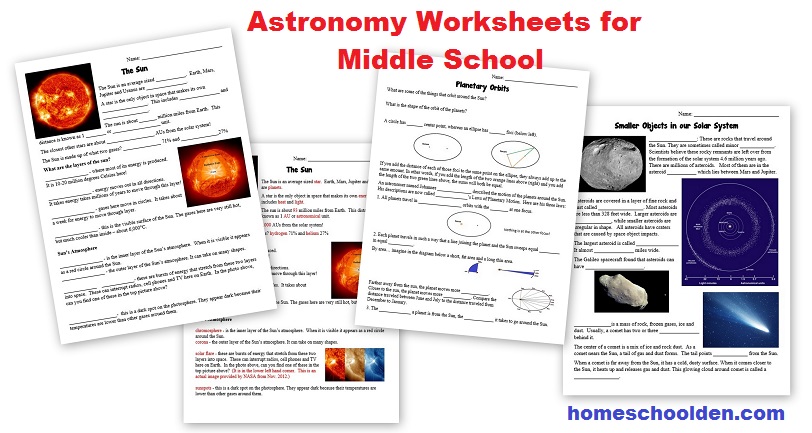
See you again soon here or over at our Homeschool Den Facebook Page! Don’t forget to Subscribe to our Homeschool Den Newsletter. You might also want to check out some of our resources pages above (such as our Science, Language Arts, or History Units Resource Pages) which have links to dozens of posts. Don’t forget to check out Our Store as well. ~Liesl
Disclosure: Please note that some of the links in this post are affiliate links, and at no additional cost to you, I will earn a commission if you decide to make a purchase. If you do make a purchase, thank you so much for supporting the Homeschool Den!
Other units we’ve done for Middle School:
Here are some of the middle school science units we’ve done in the past couple of years:
- Earth Science – We did this on the elementary level several years ago and then did it on a middle school/early high school level when my oldest was in 9th grade. (Our packet has material suitable/adaptable for various levels… plus my kids *loved* all the hands-on activities at every age).
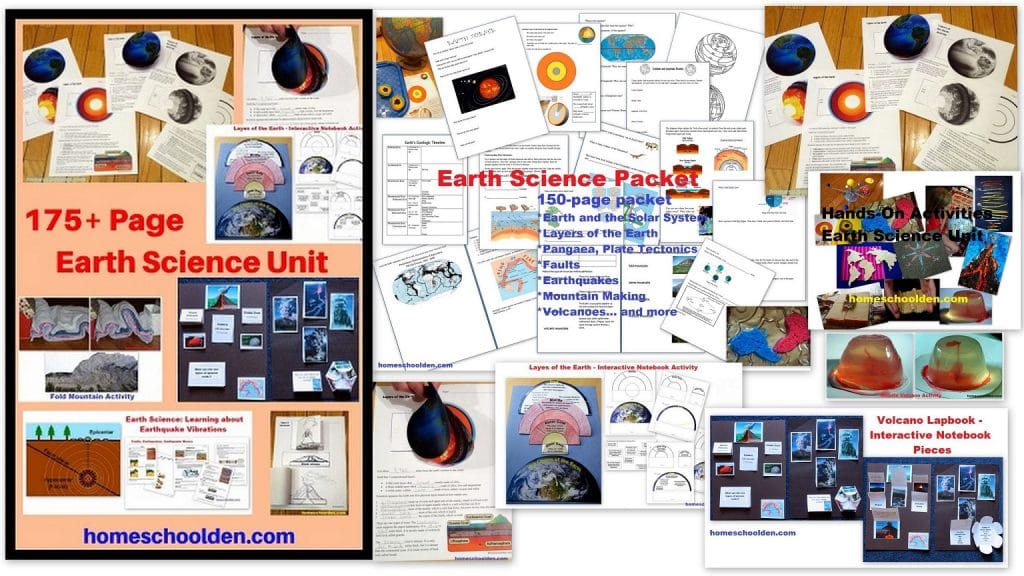
and then went on to do a Weather Unit. (I did this last spring with my daughters who were in 6th and 9th and my son 11th grade joined in too because he needed a refresher on this material!) We covered
- The Types of Clouds,
- Weather Map Symbols,
- High & Low Pressure Systems,
- Global Winds, the Jet Stream, Local Winds,
- Monsoons, el Niño and la Niña conditions,
- Air masses (and how they are named), and
- Cold fronts, warm fronts, occluded fronts
Properties of Matter – My youngest daughter did this unit again last year (she was in 6th grade). We reviewed some of the material (below) about the Periodic Table as well.
Chemistry – The Periodic Table – I wanted to be sure the kids understood the basics about the Periodic Table… about valence electrons, the various groups (Alkali Metals, Alkaline Earth Metals, Halogens, Noble Gases) as well as basics about atomic mass, ions, etc.
Electricity and Circuits (boy, did my kids love this unit!) My youngest daughter did this unit again in 6th grade. Check out her squishy circuit… she roped her (public school) friends into doing these activities too!
Cells Unit: We’ve covered the organelles of the cell and their functions, animal vs. plant cells, eukaryotic vs. prokaryotic cells, and more.
You can see our Biology BUNDLE of 5 here which includes the Biology Unit, Botany Unit, Scientific Classification & Taxonomy Unit, Cells Unit. and our Ocean Unit.
You can see our Biology BUNDLE of 5 here which includes the Biology Unit, Botany Unit, Scientific Classification & Taxonomy Unit, Cells Unit. and our Ocean Unit.
- Biology Unit (actually this was more of an ecology unit on biomes, ecosystems, the food chain/food webs, biological relationships, etc.)
You can see our Biology BUNDLE of 5 here which includes the Biology Unit, Botany Unit, Scientific Classification & Taxonomy Unit, Cells Unit. and our Ocean Unit.
- Ocean Unit (Note: I’m doing this with my youngest this year; she is in 7th grade.)
We also covered some Botany Unit topics in the upper elementary and middle school years. For example, we spent time on the parts of the flower and parts of the seed. This last year we went over the plant kingdom and the life cycle of the moss, fern and conifer/gymnosperms. In 5th grade my daughter had done a unit on carnivorous plants (which is also included in our Botany Unit). (These topics and the pictures you see below are all included in our Botany Unit.)
You can see our Biology BUNDLE of 5 here which includes the Biology Unit, Botany Unit, Scientific Classification & Taxonomy Unit, Cells Unit. and our Ocean Unit.
Human Body Systems: Each year, we pick one of the human body systems and go into depth about that. Usually we start by reviewing the Body Systems in general (from cells to tissues, organs and systems) and then cover one of the major systems. We generally do a lot of hands-on activities with these. 🙂 There are so many, I’m going to send you to this Human Body BUNDLE page if you are interested. There you’ll find lots of pictures of the materials on the Skeletal System, Muscular System, Nervous System, Digestive System, Circulatory System, etc.
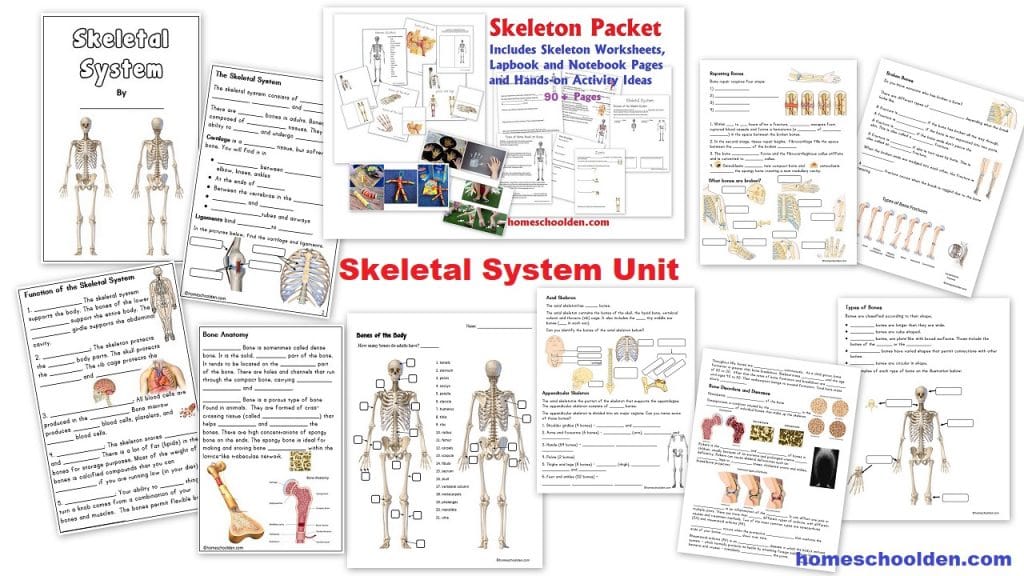
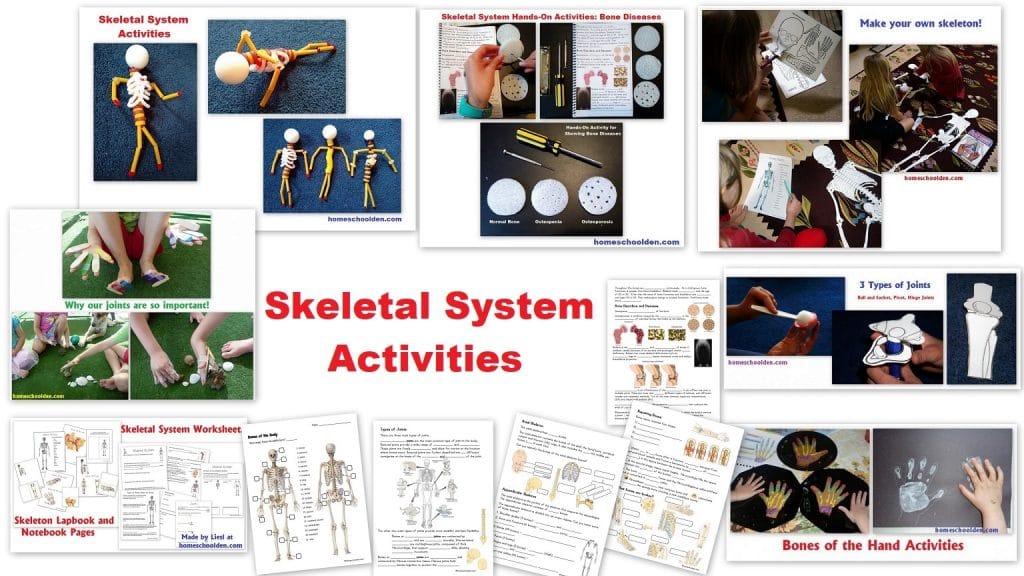
You might also want to check out this unit:
Earth Science Packet: Layers of the Earth, Plate Tectonics, Earthquakes, Volcanoes, 4 Types of Mountains and More! (This packet has been updated recently and is now over 150 pages!)
In our Earth Science Unit where we talked about
- Earth’s and the Solar System
- the layers of the Earth
- Geography Terms: Earth’s Axis and the Seasons; Latitude Longitude
- Plate Movement Worksheets, Types of Plate Boundaries
- the 3 types of faults
- Earthquakes (we made our own earthquake shake table!)
- 4 Types of Mountains Worksheets, 4 types of Volcanoes Worksheets, Parts of a Volcano Worksheet
- plus we did over a dozen hands-on activities (and instructions are included)
Atmosphere: We also spent quite a bit of time studying Earth’s atmosphere when we did our weather unit a couple of years ago. We reviewed the layers of the atmosphere as well. Click here to see the newly updated Layers of the Atmosphere Packet:

Recently, we spent time learning about Earth’s Magnetosphere. We spent time learning about magnets and magnetic spheres, talked about Earth’s magnetosphere and then spent time learning how animals navigate by sensing Earth’s magnetic fields. (That portion was really neat because many of the latest discoveries have come in the past five years!) You can find out more at this post: Magnetism Unit on Magnetic Fields, the Magnetosphere, and Animal Migration
